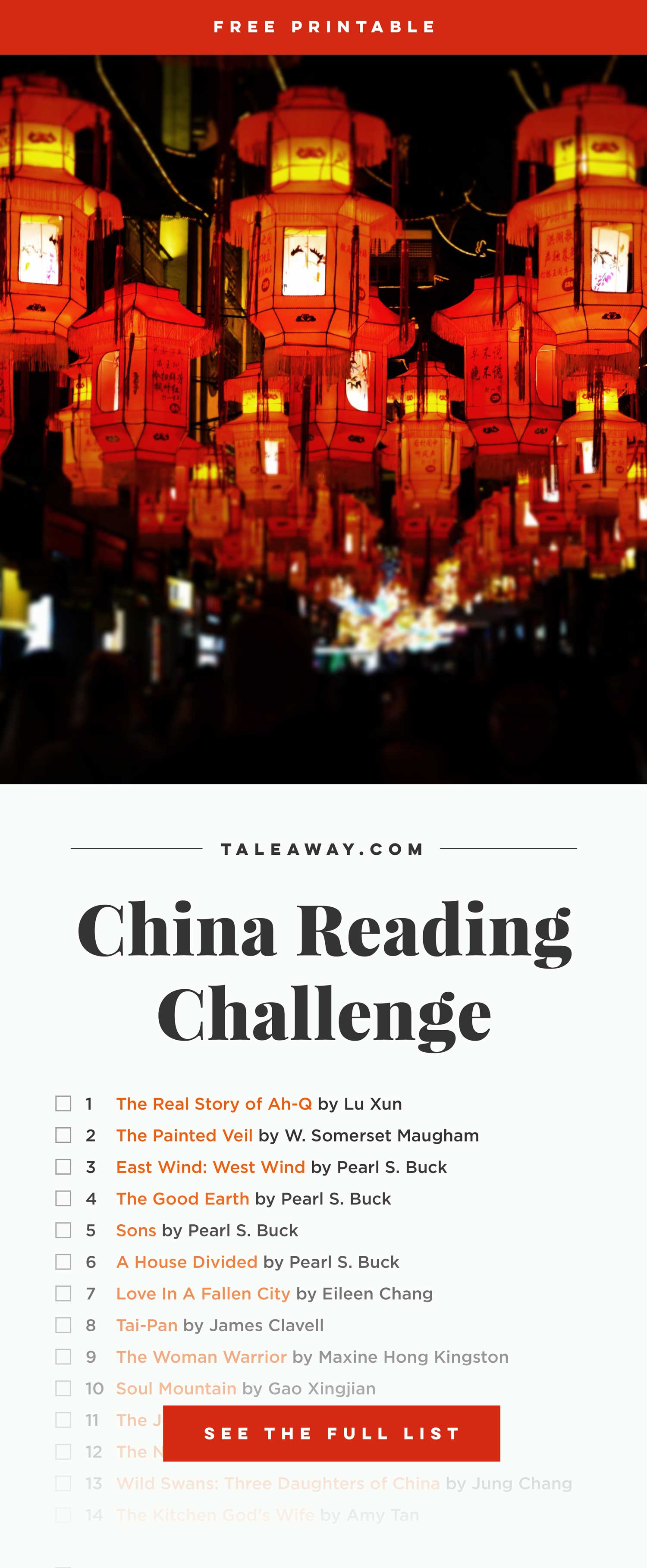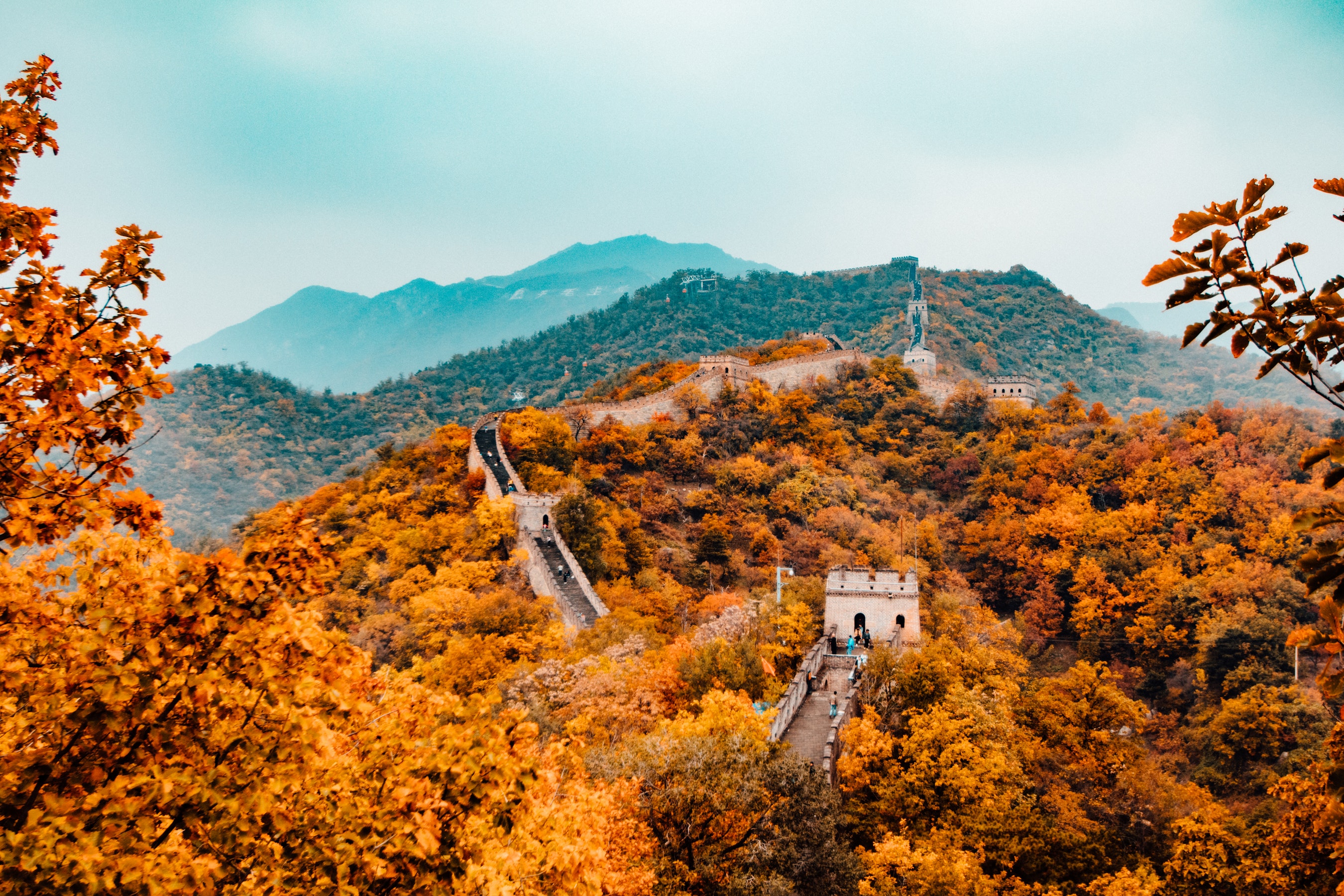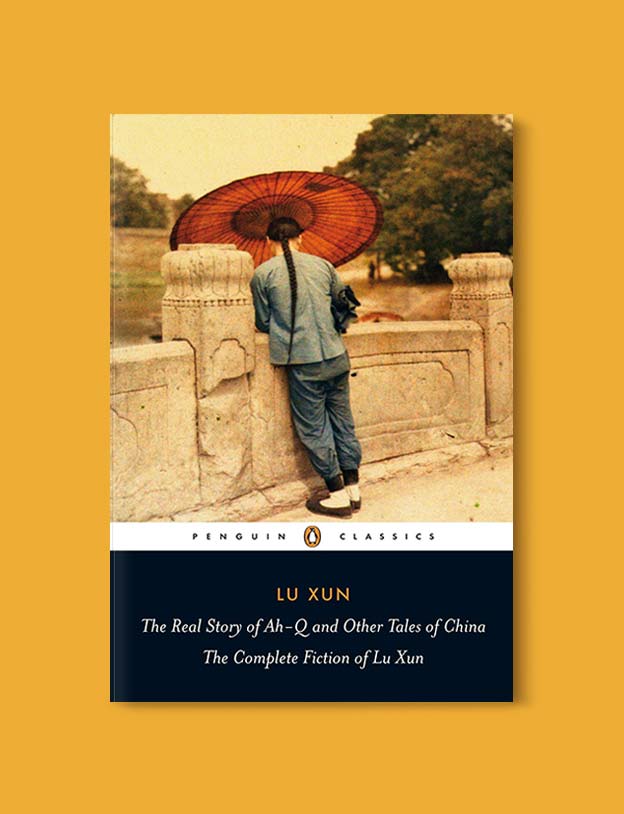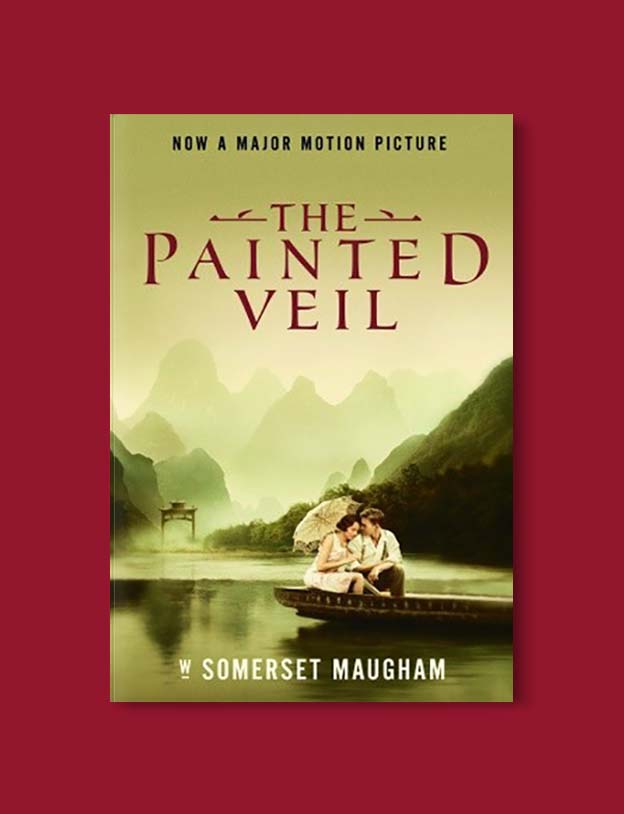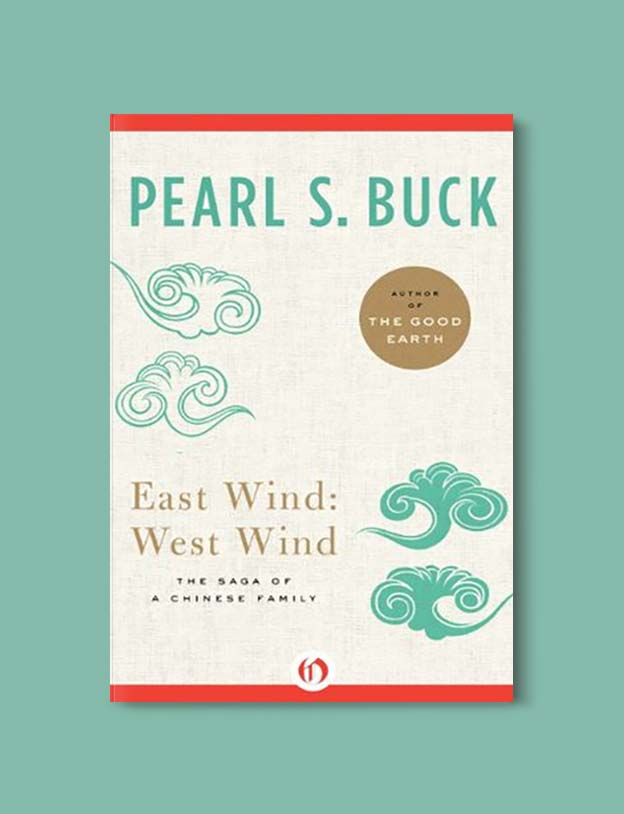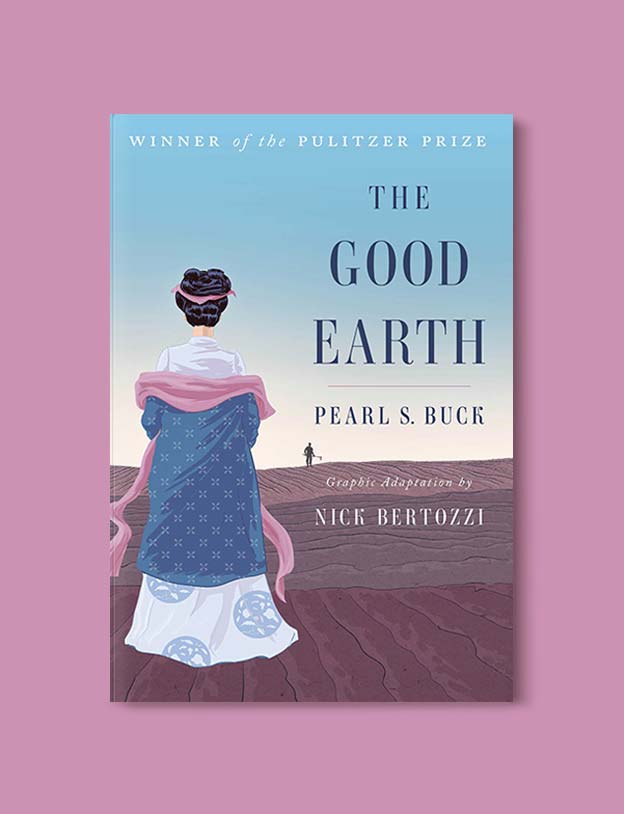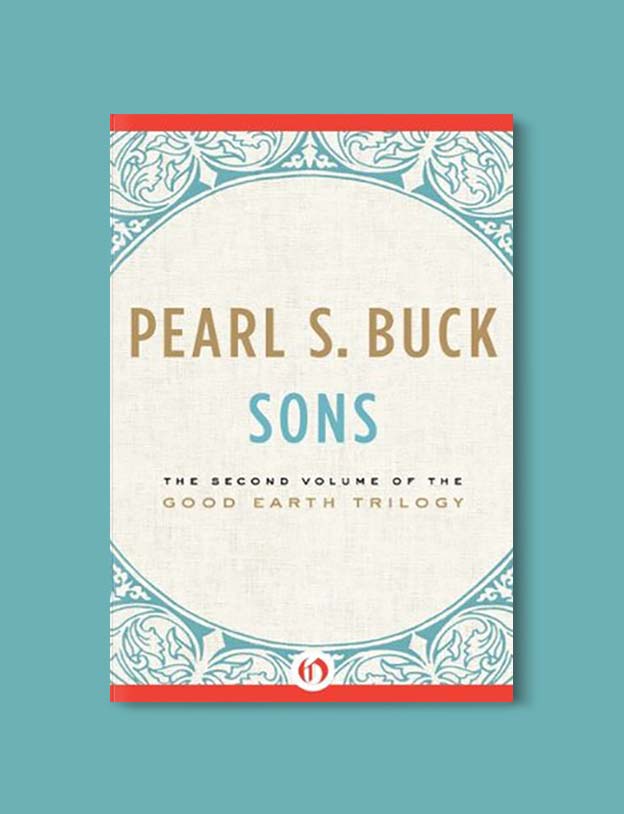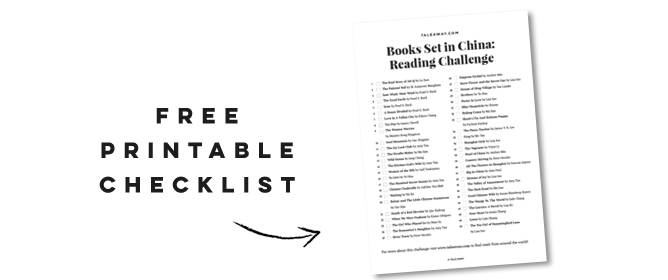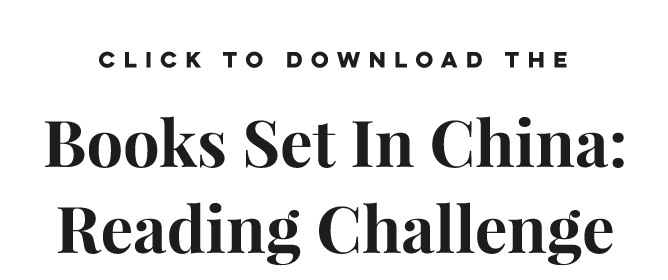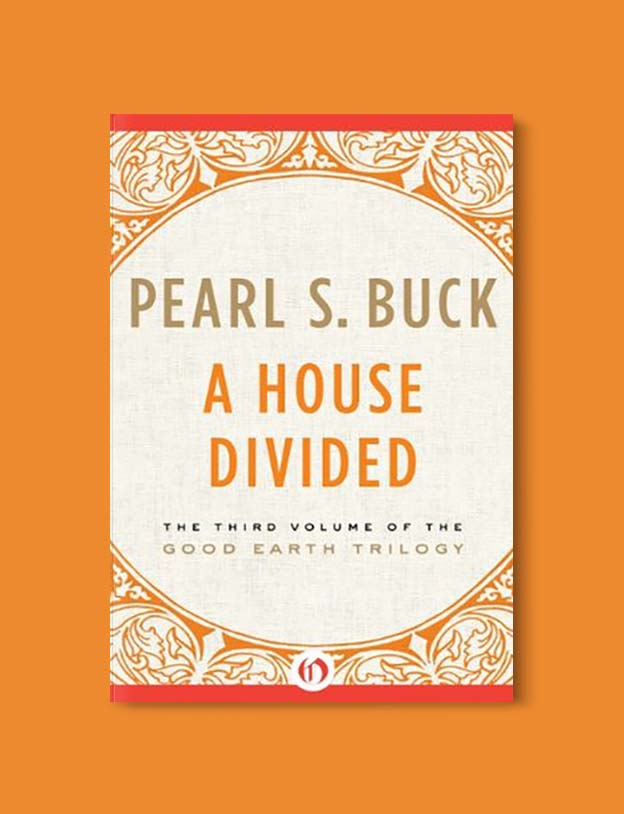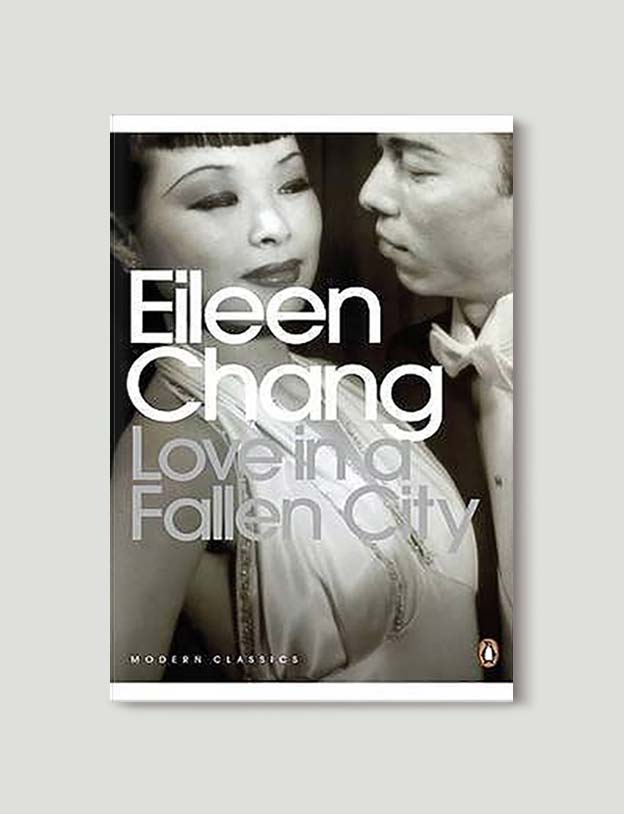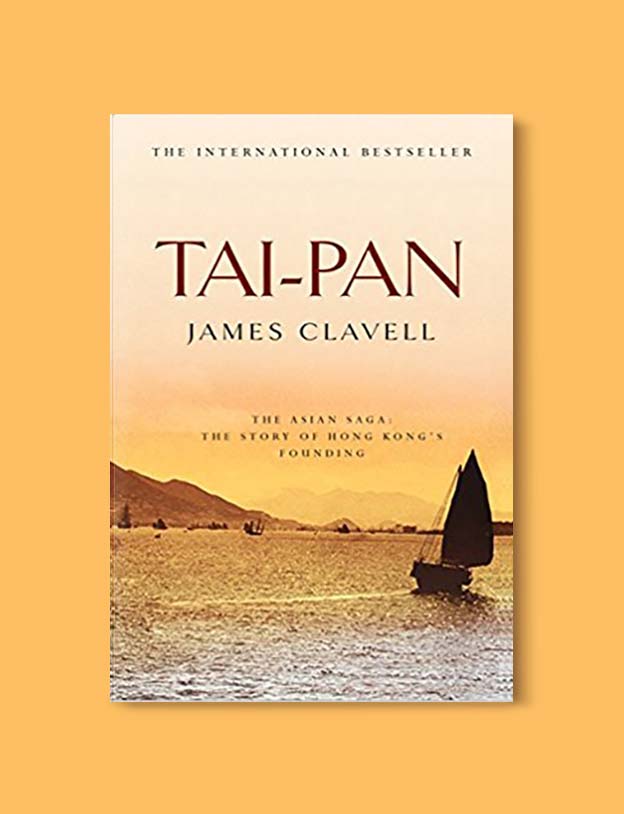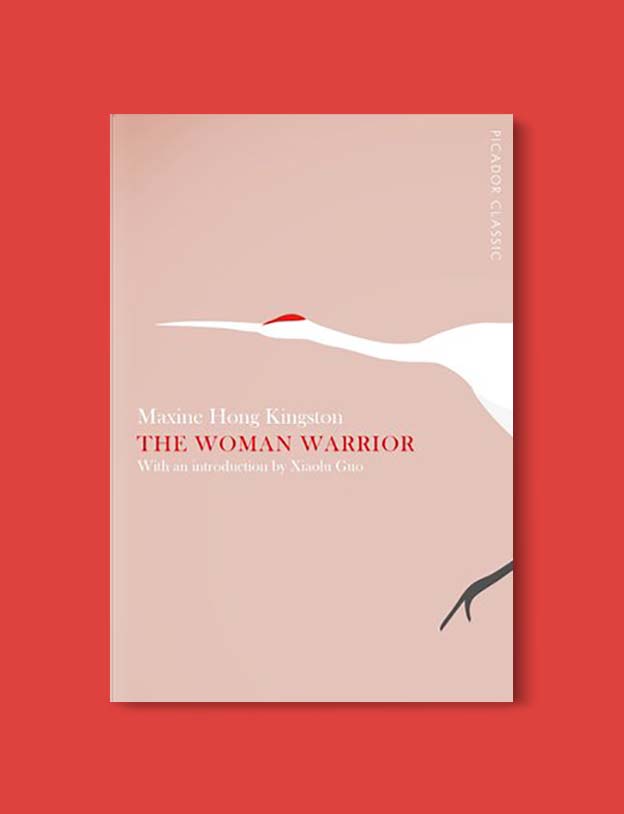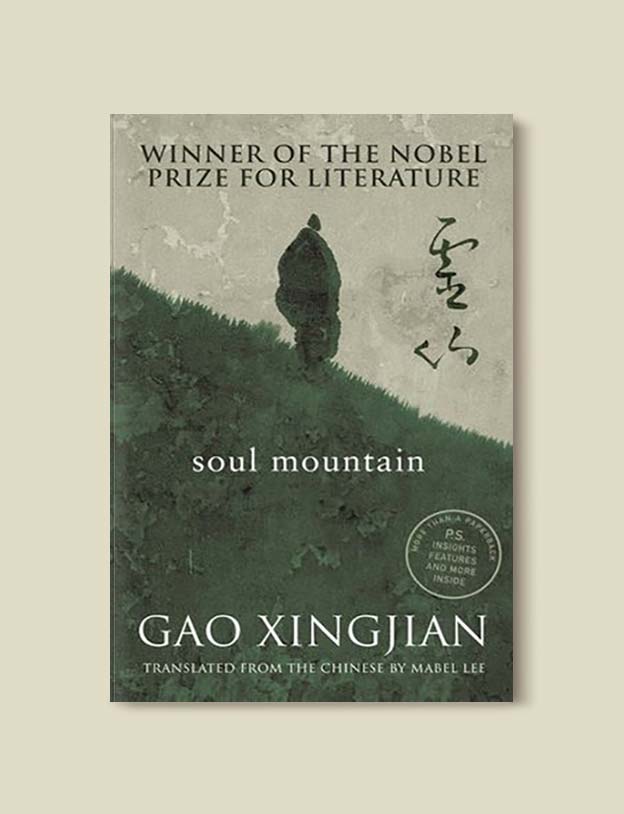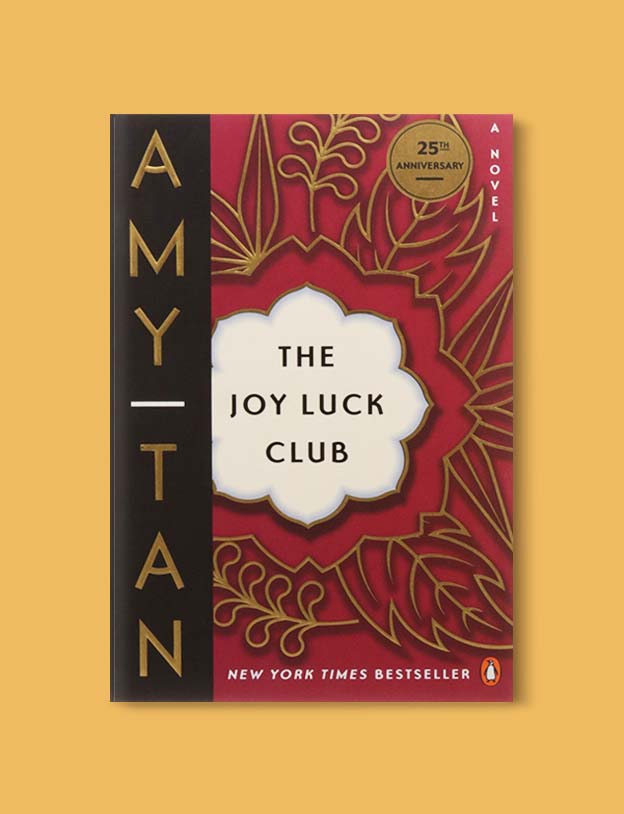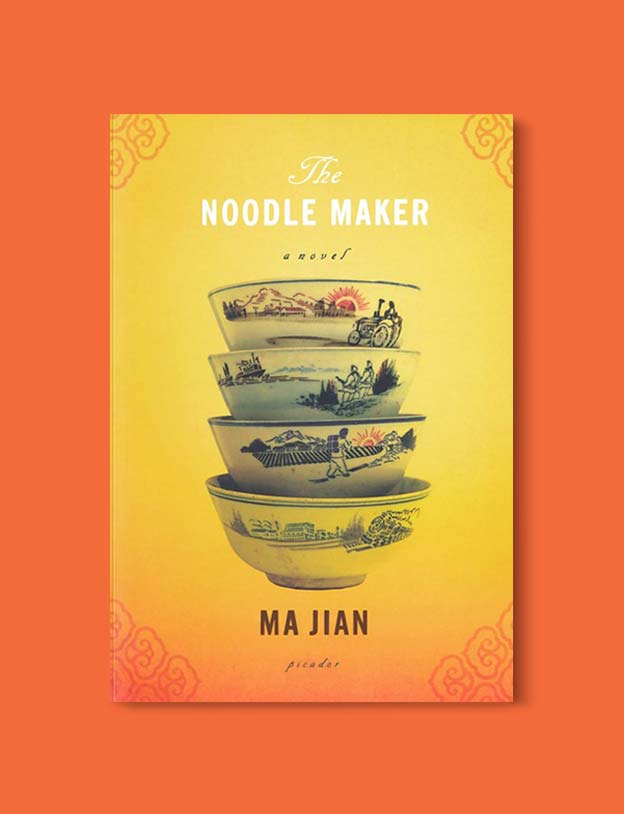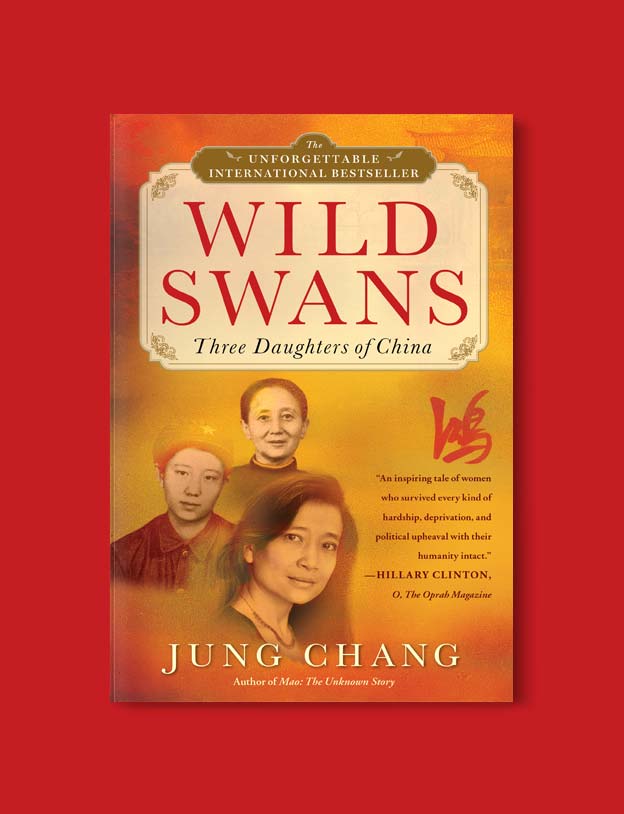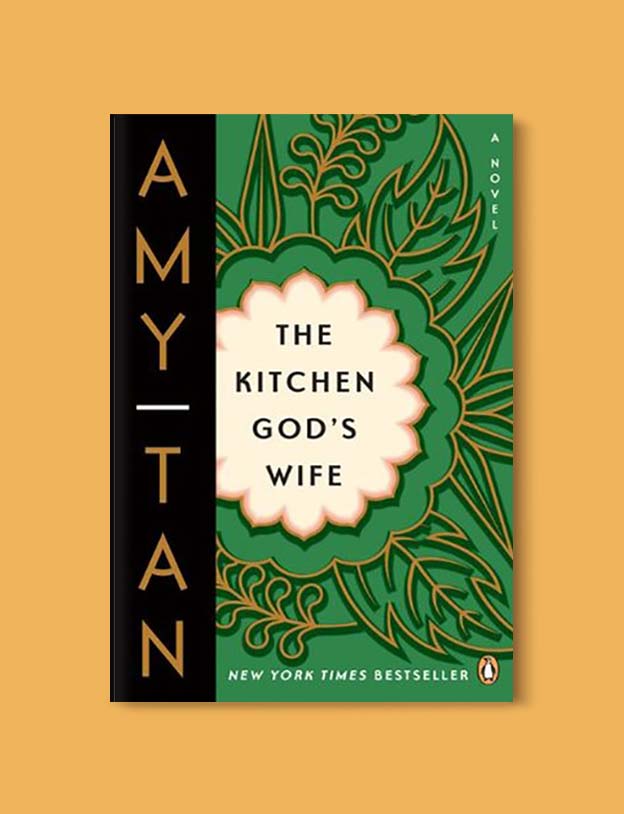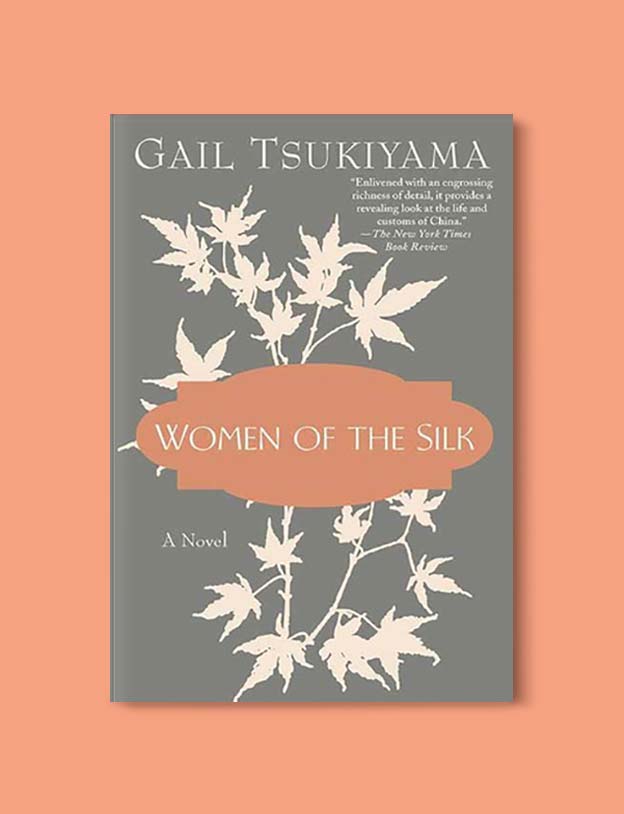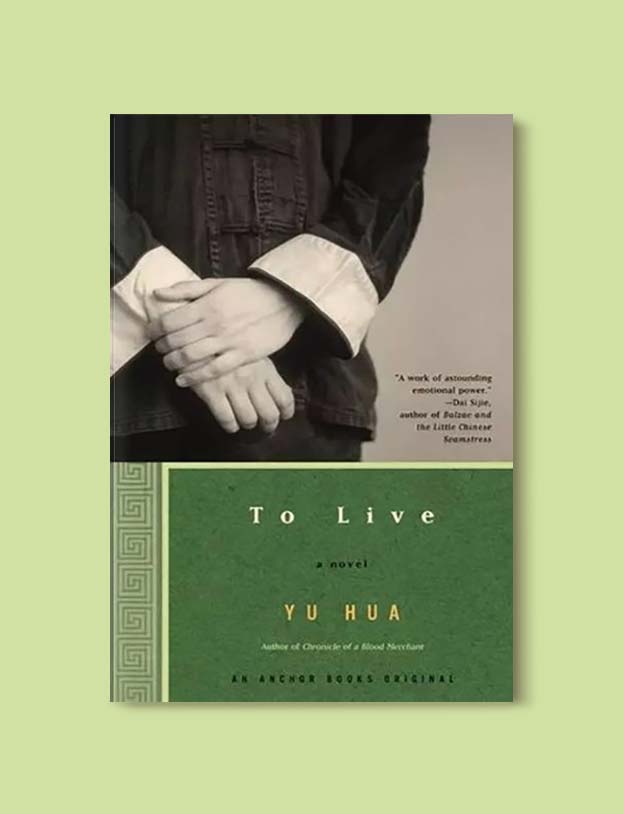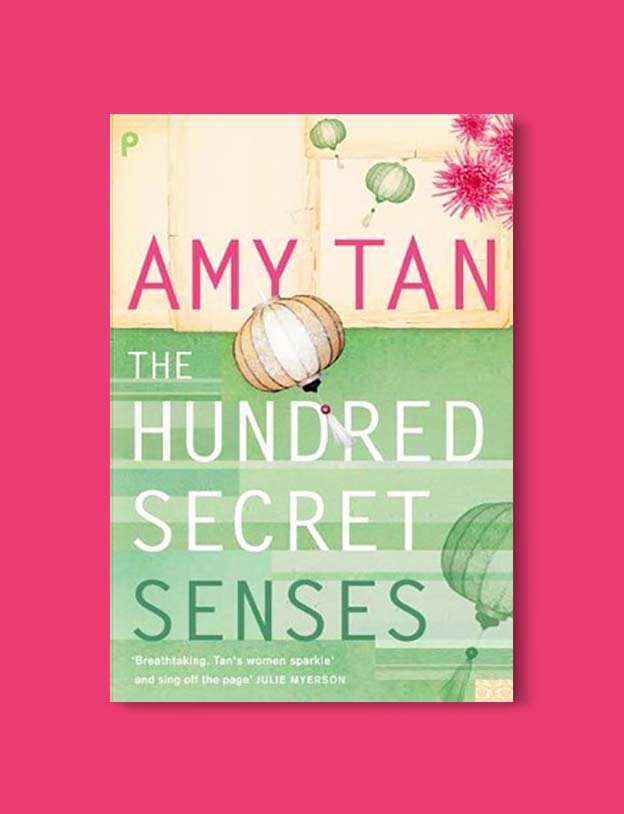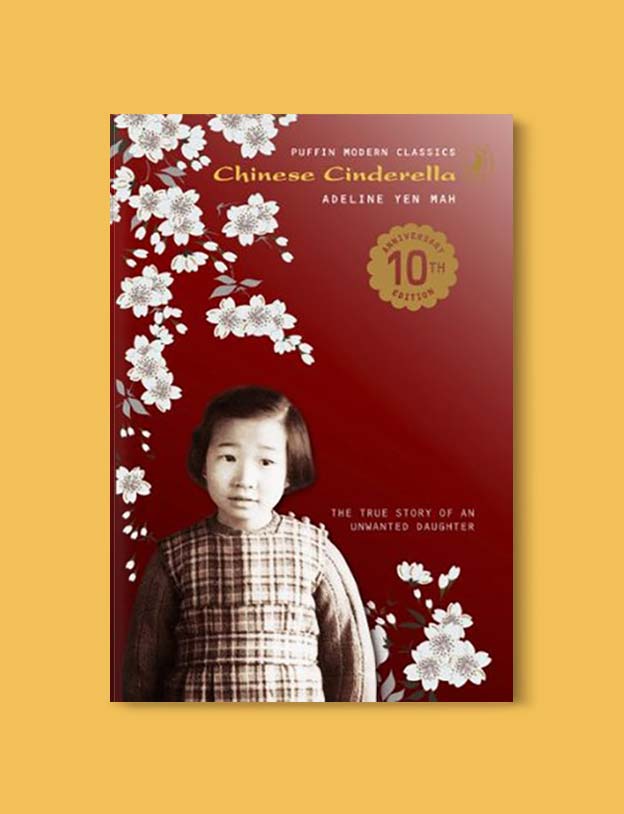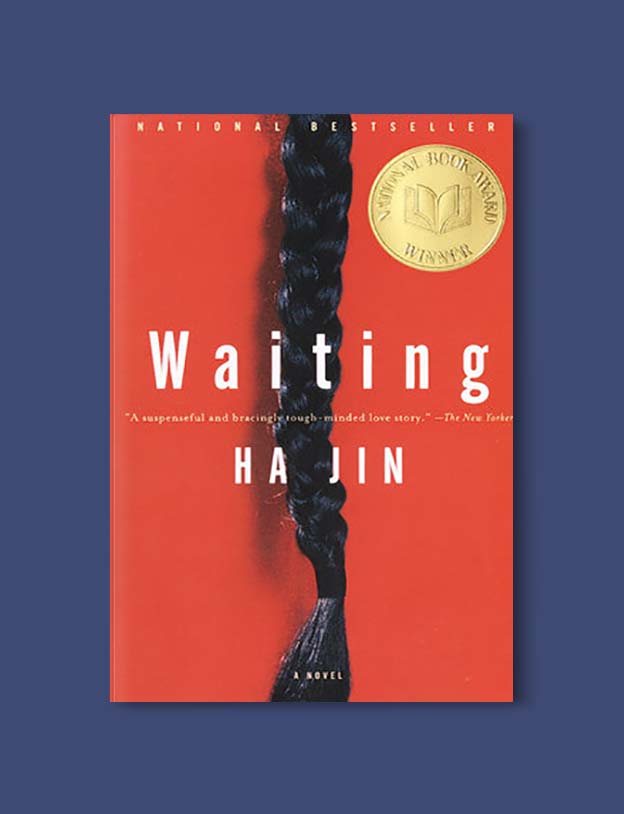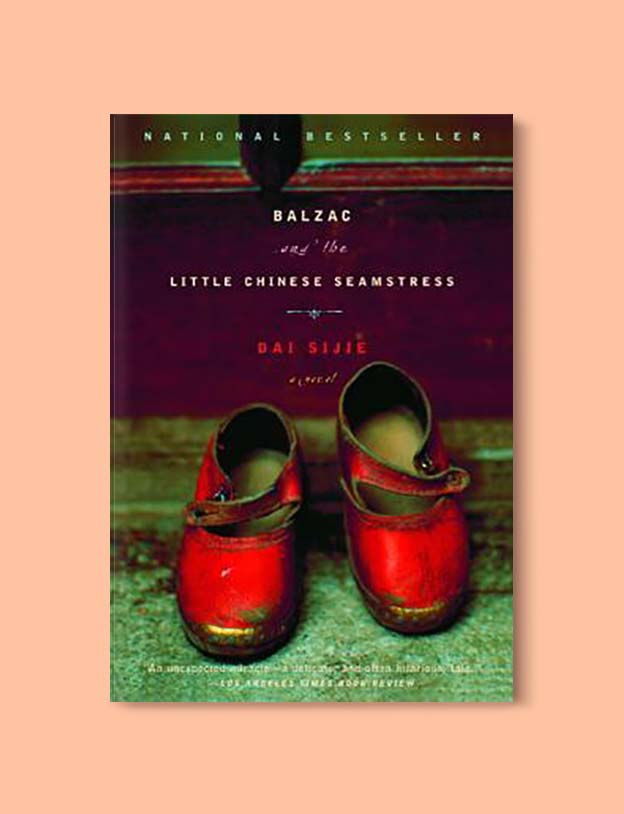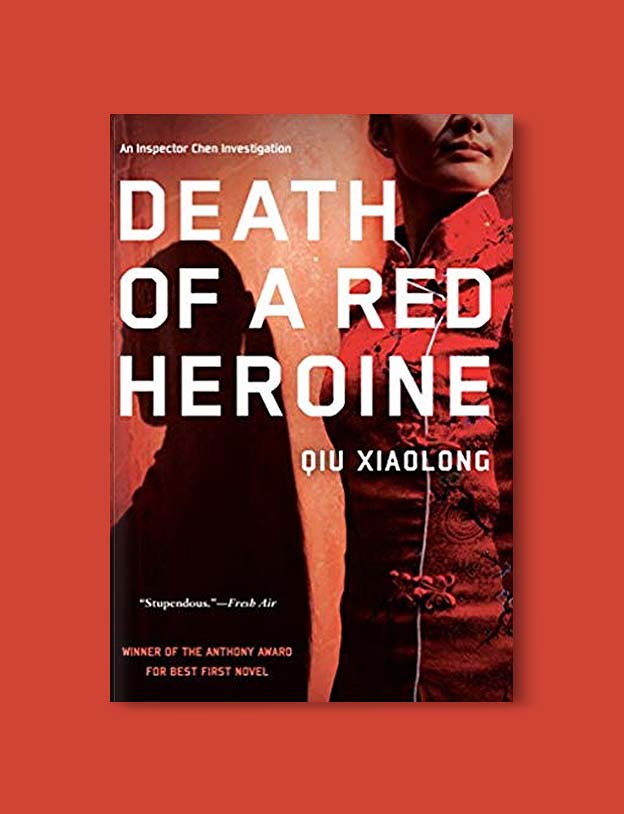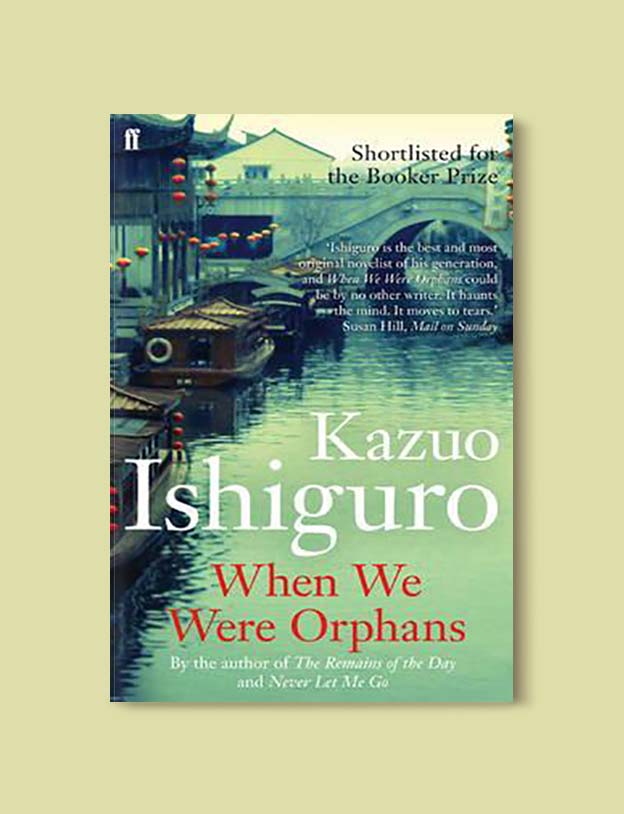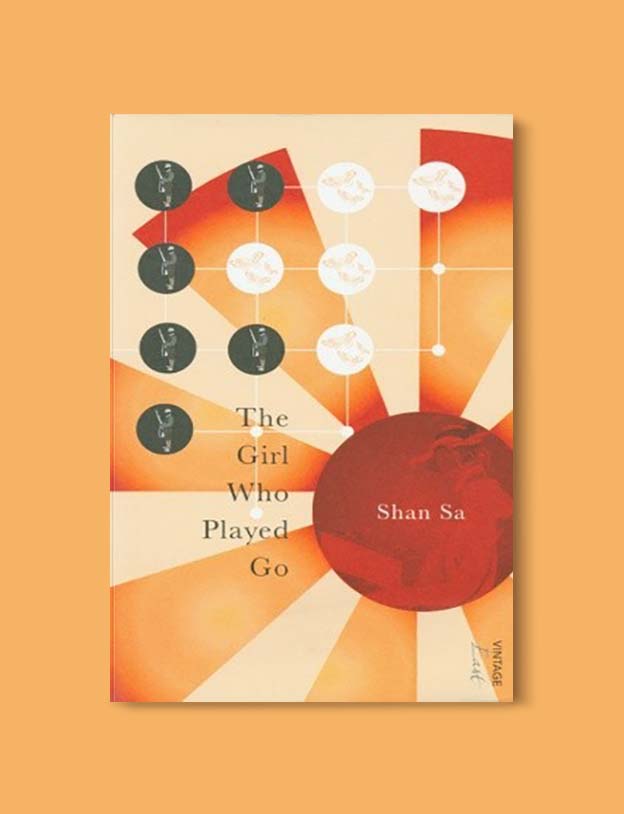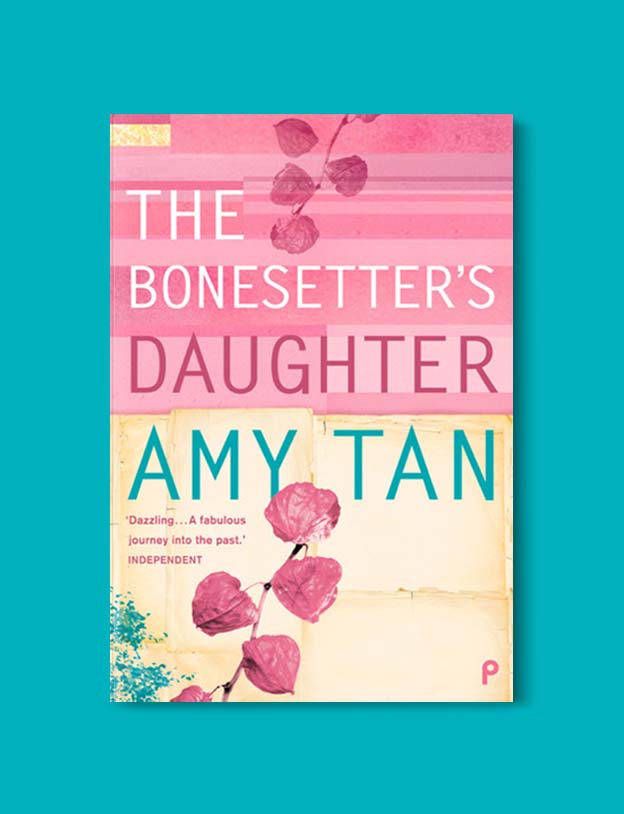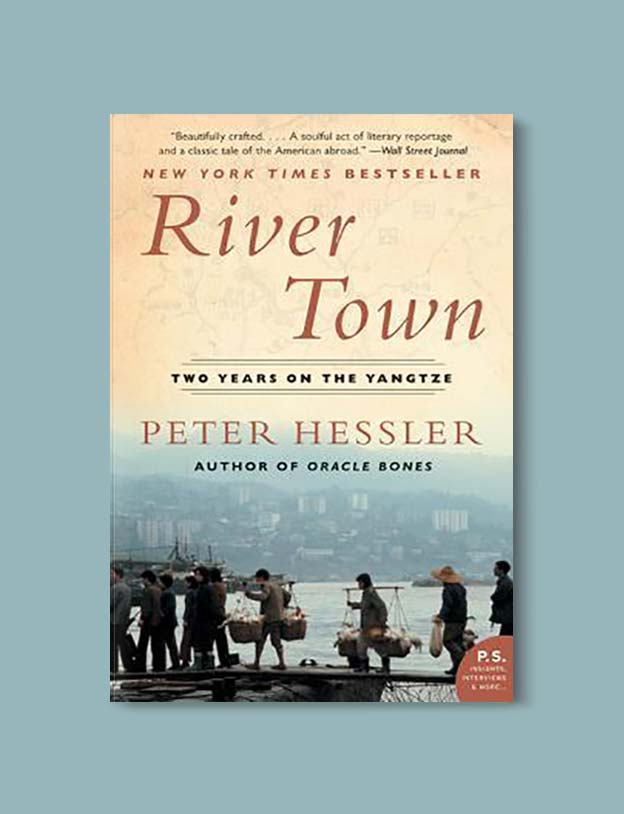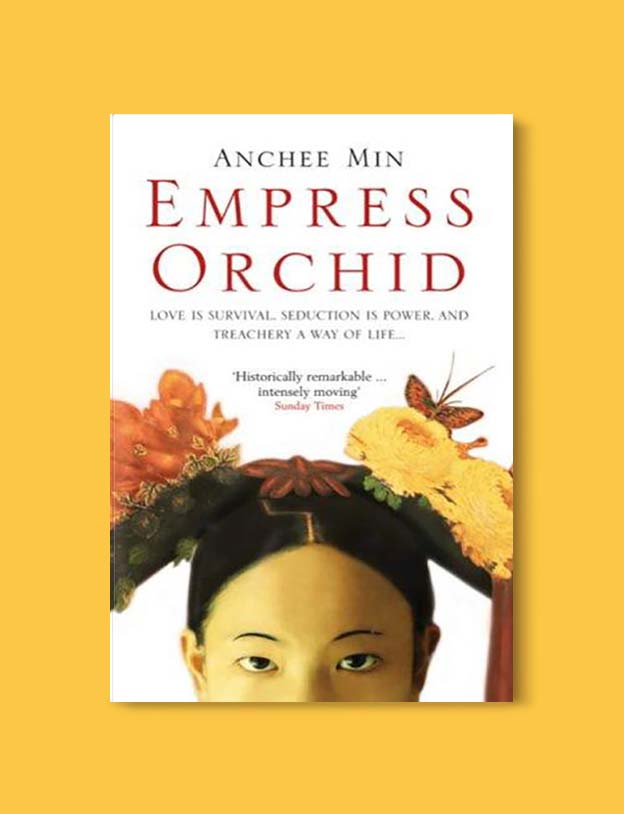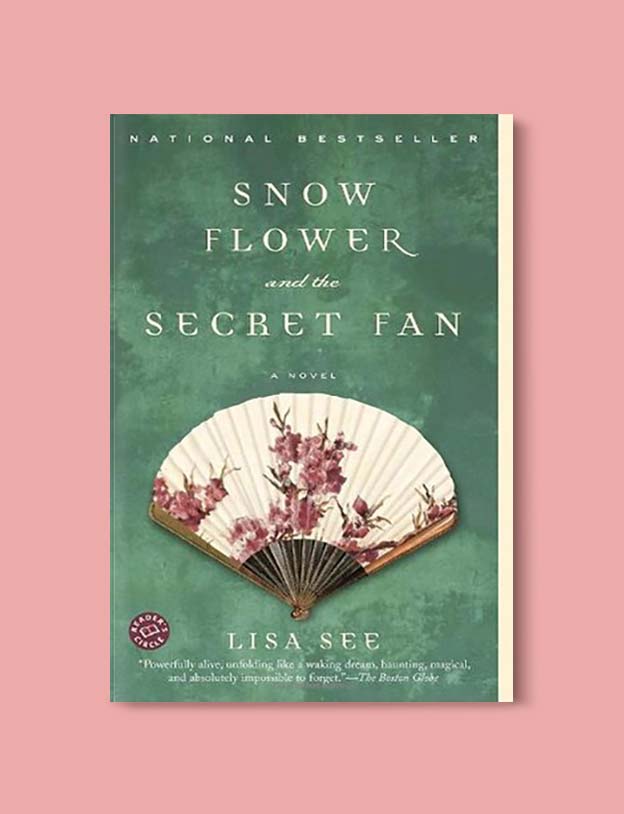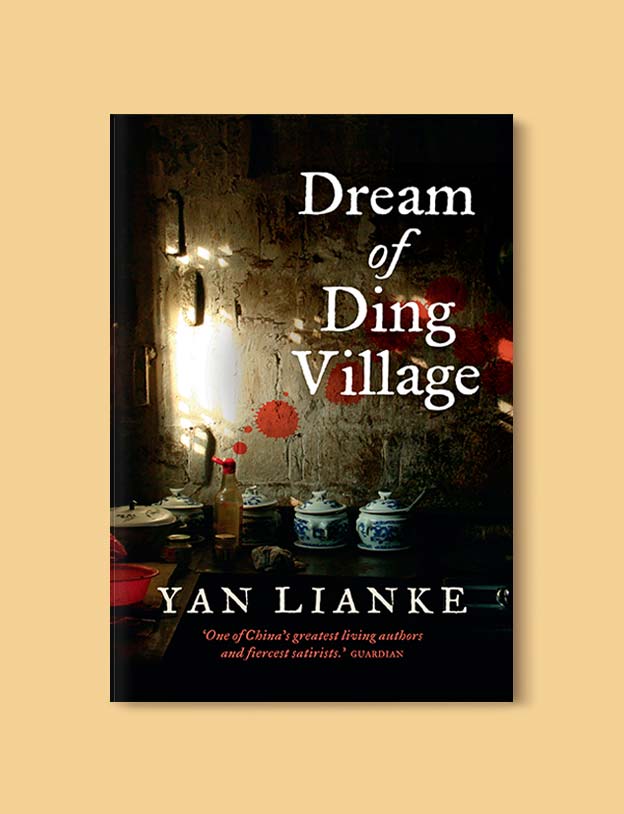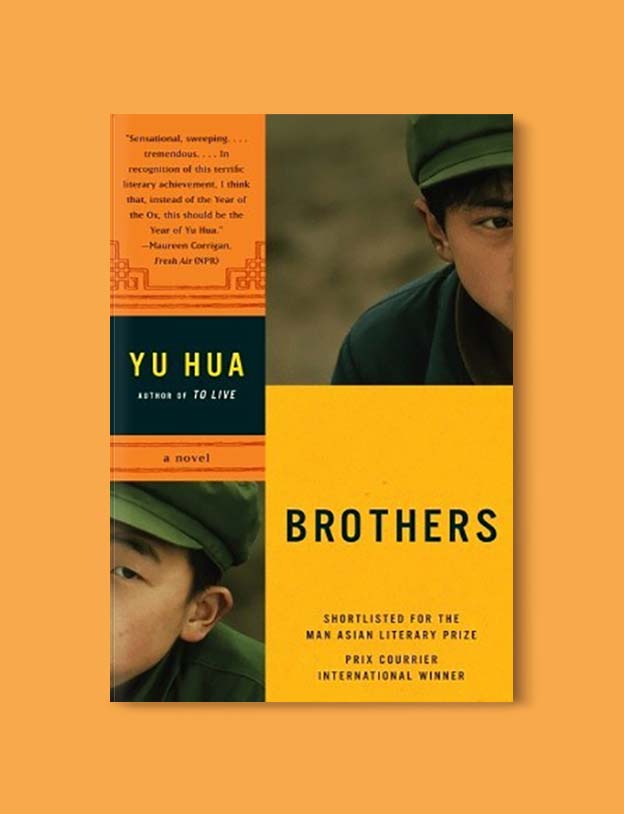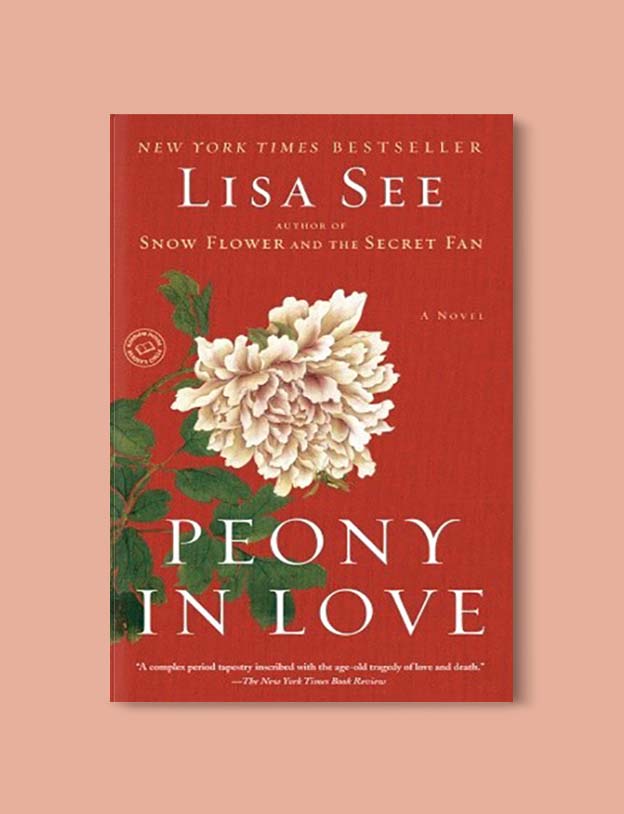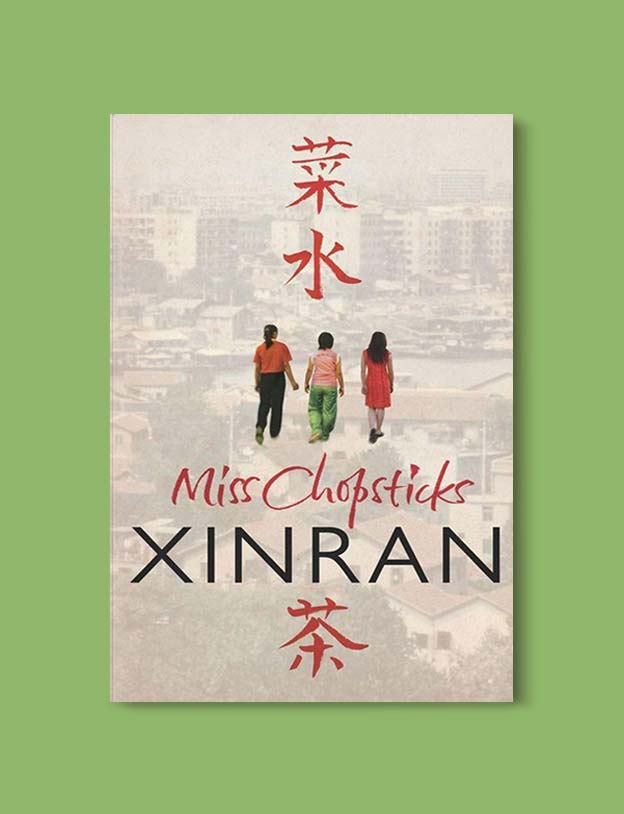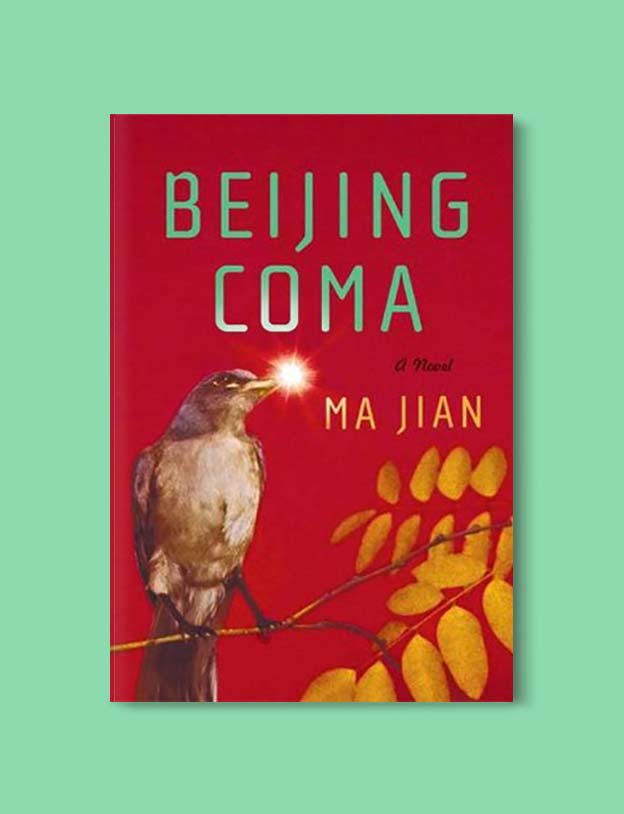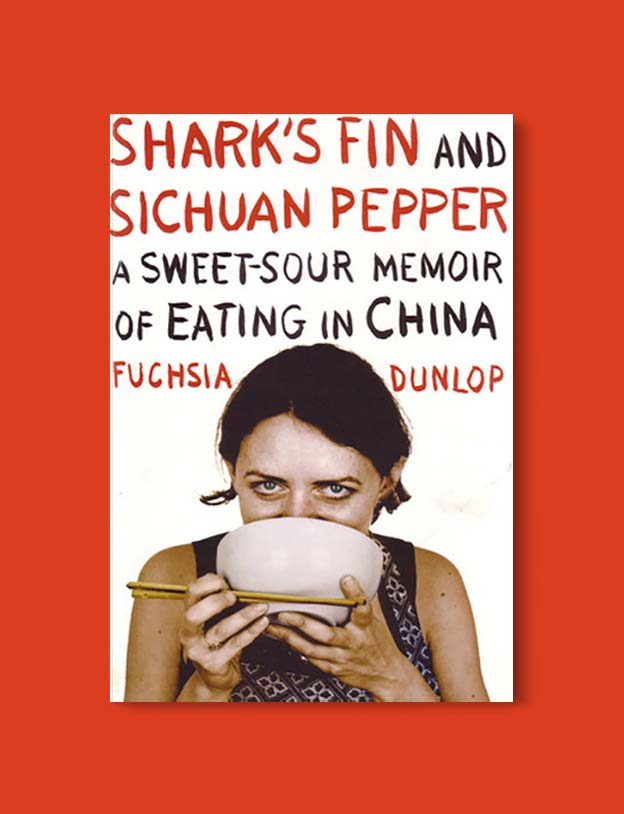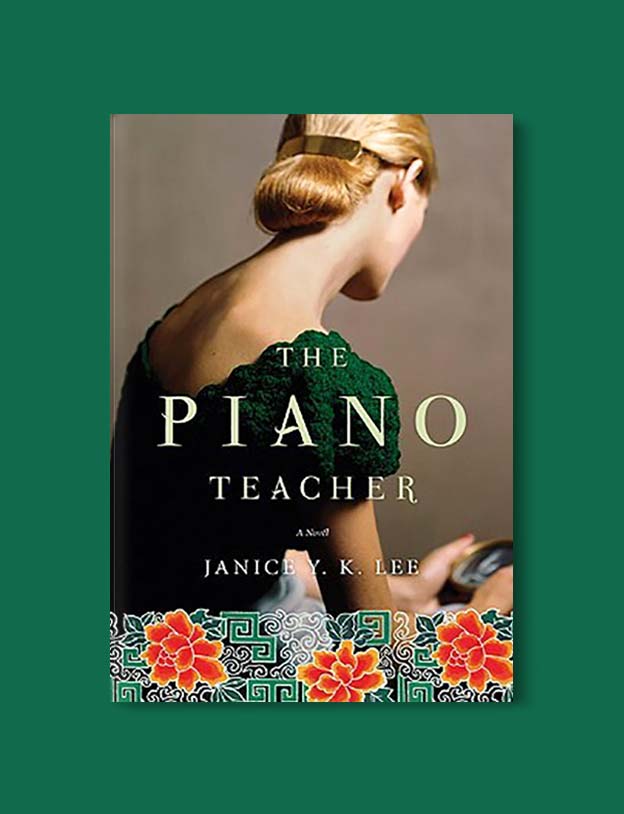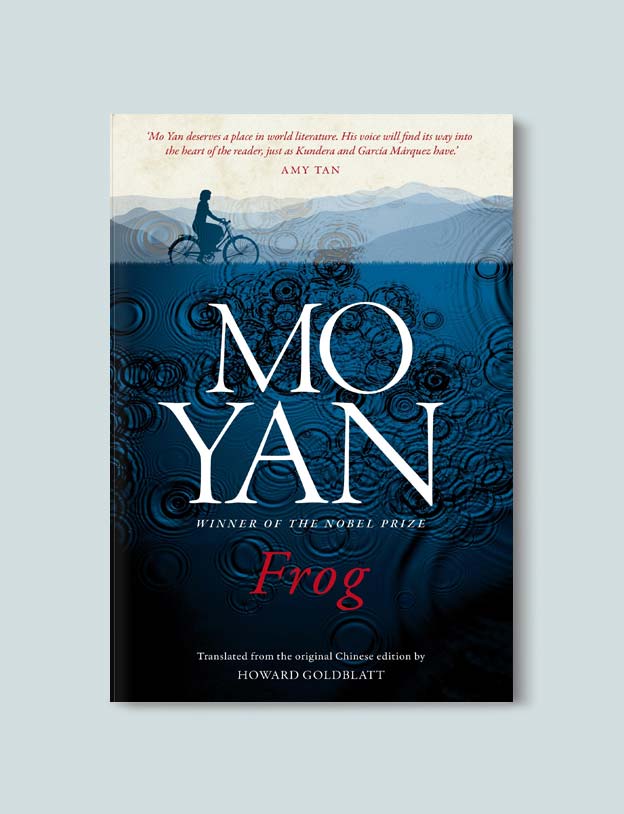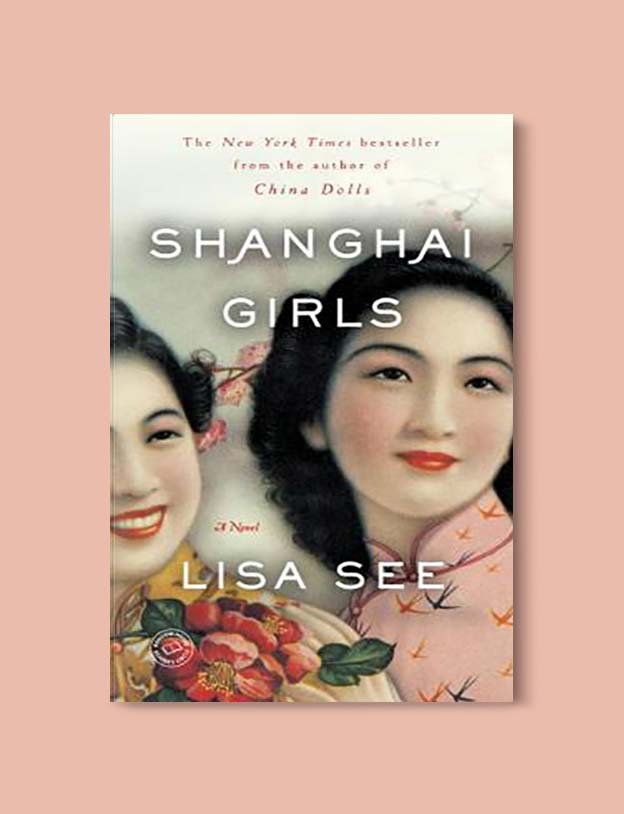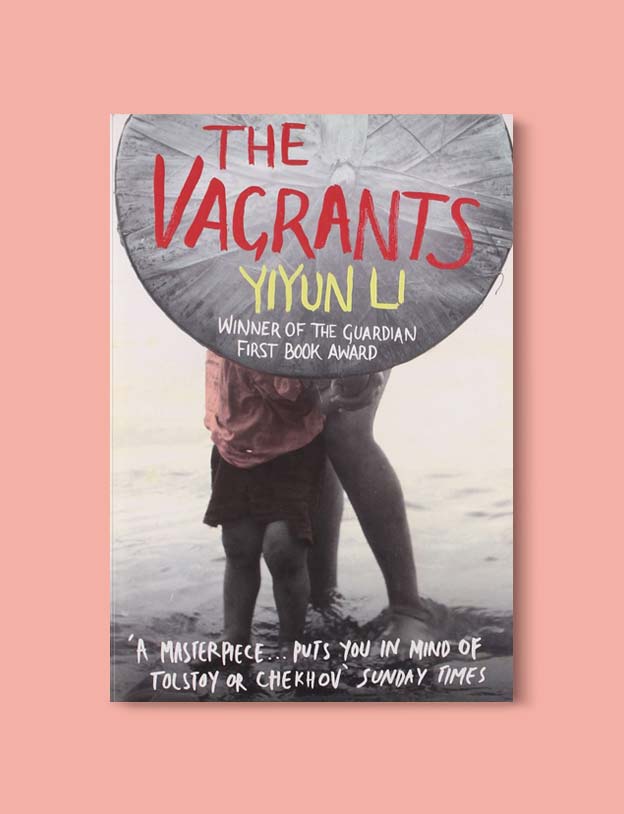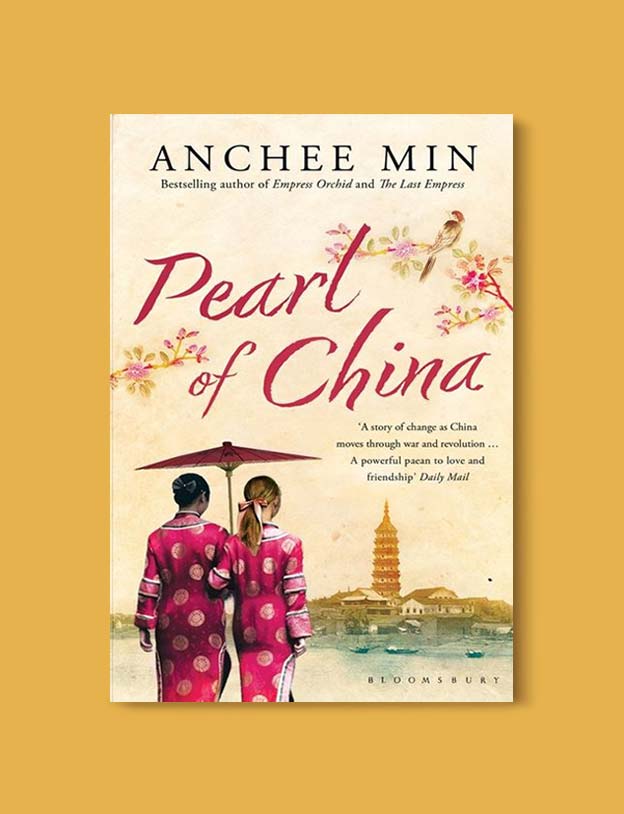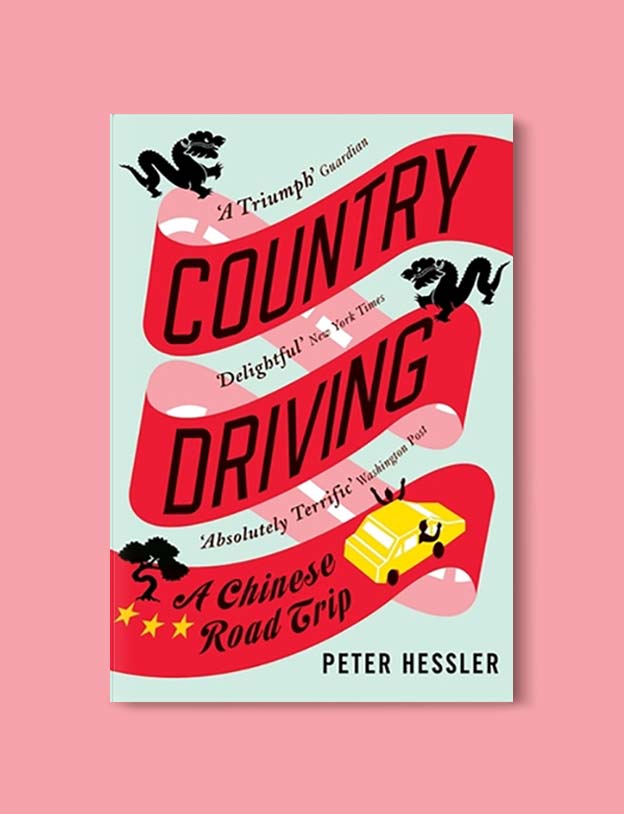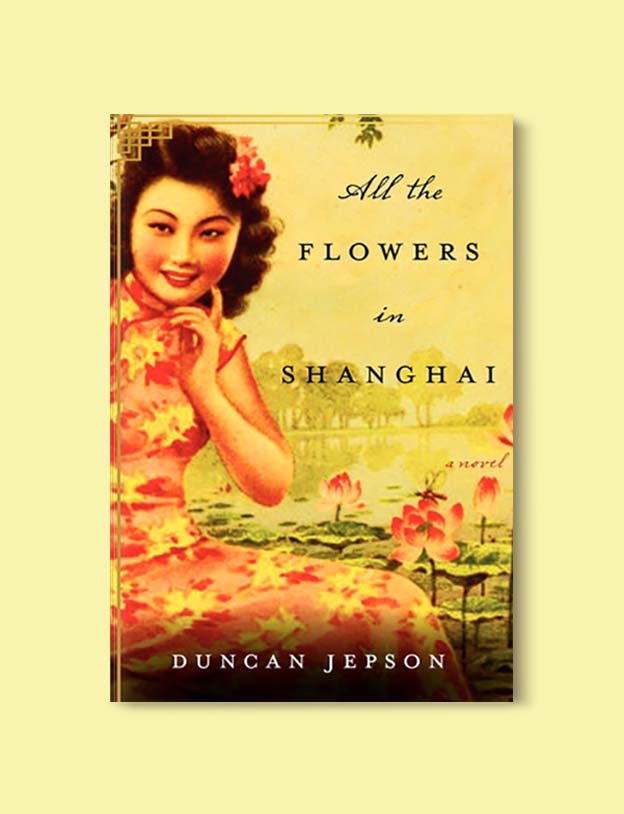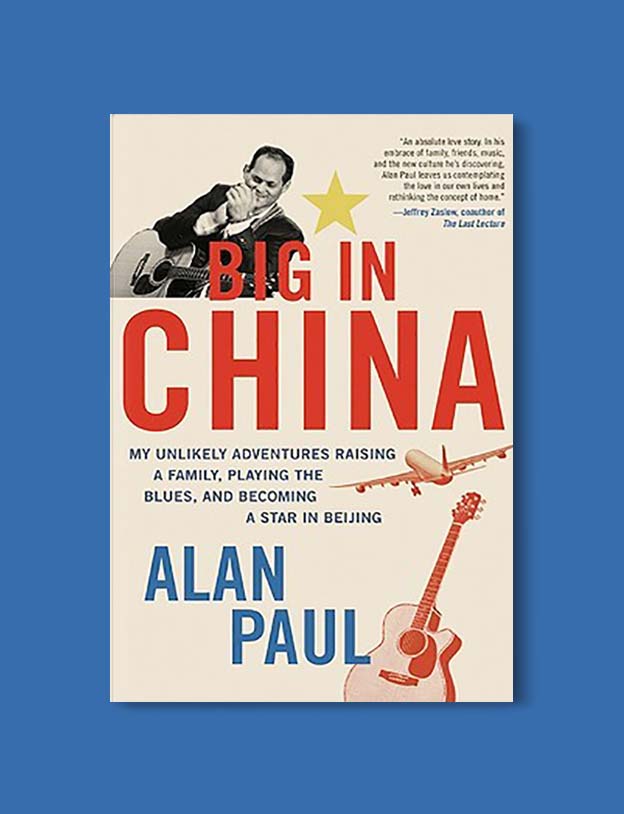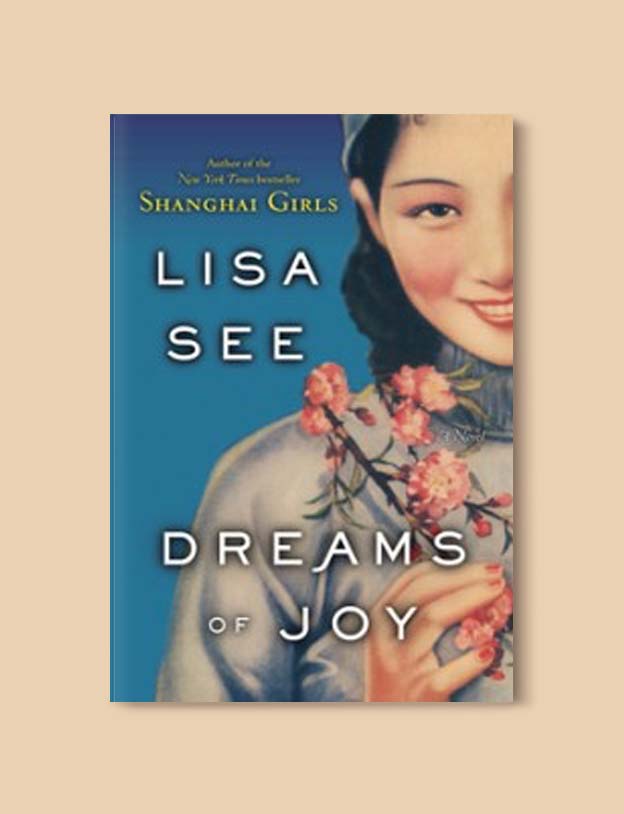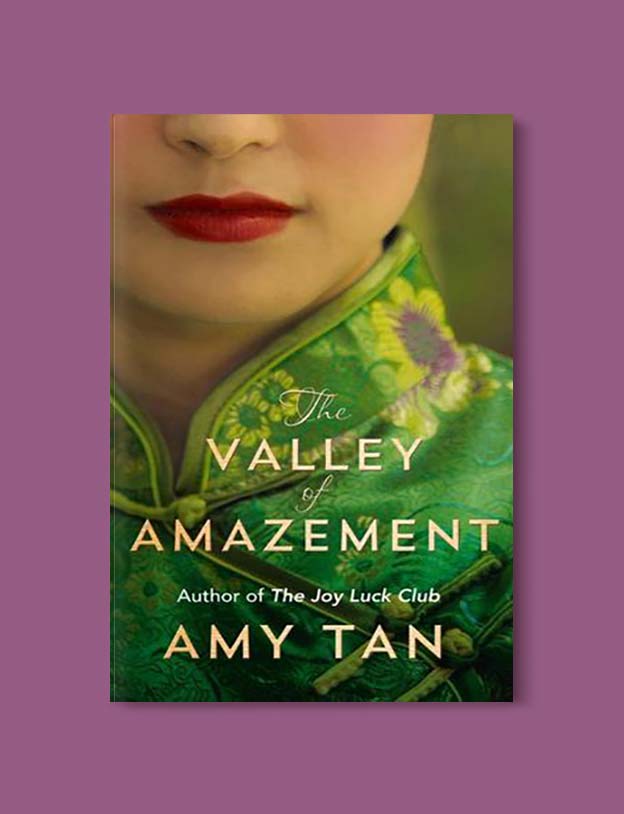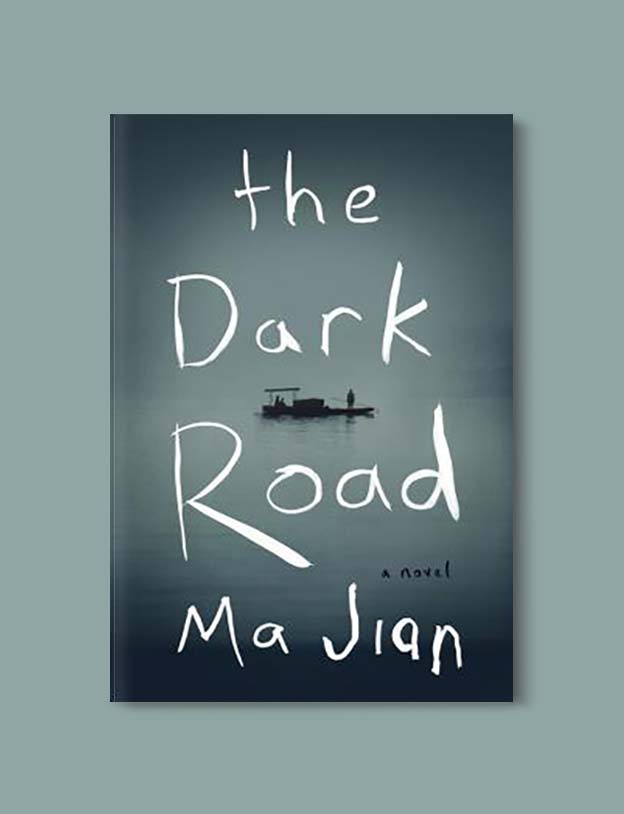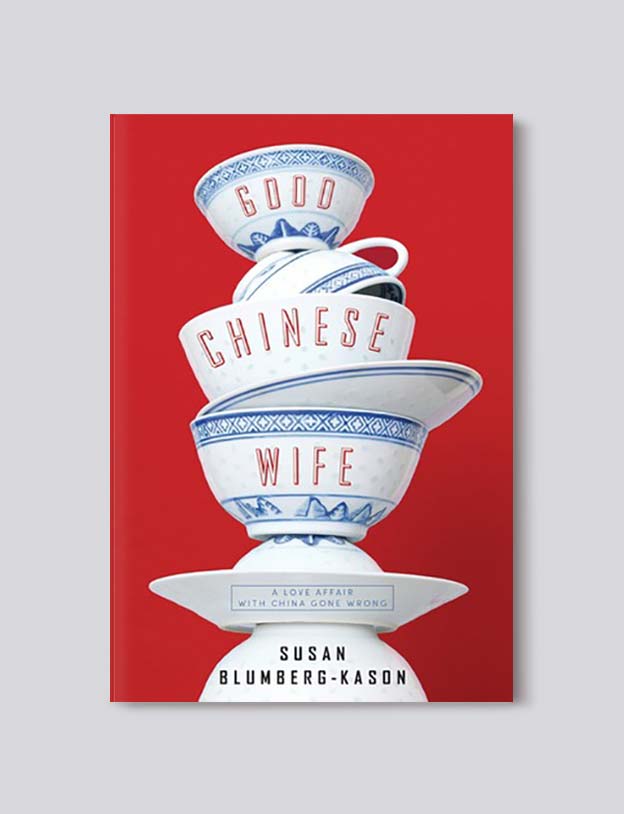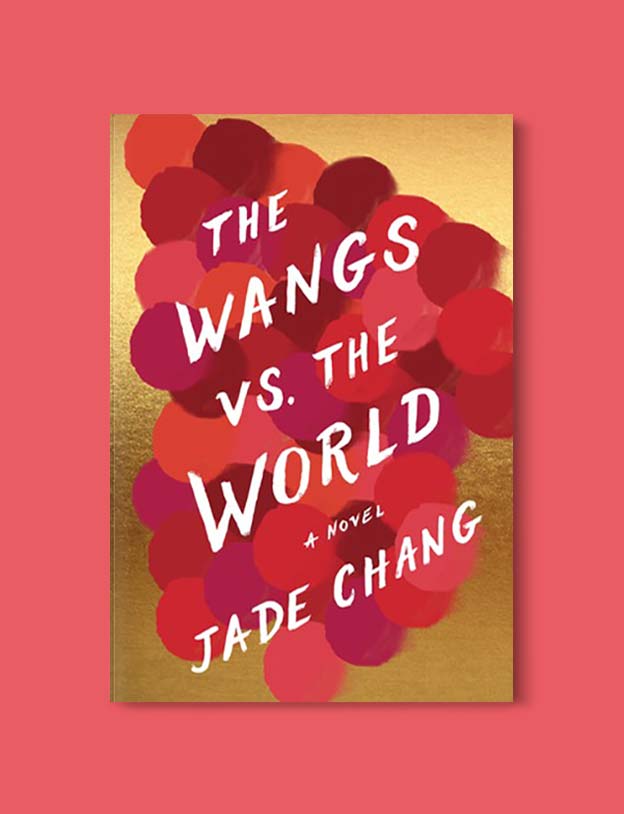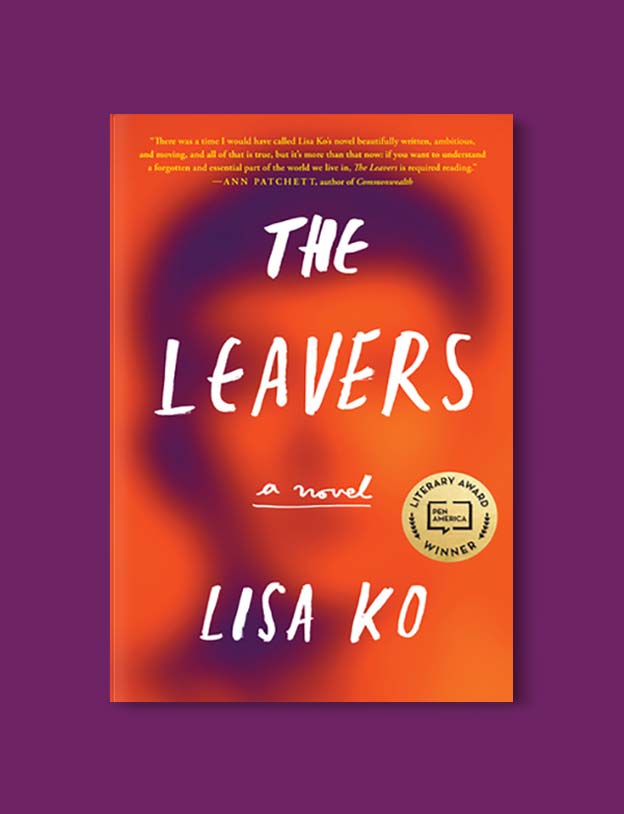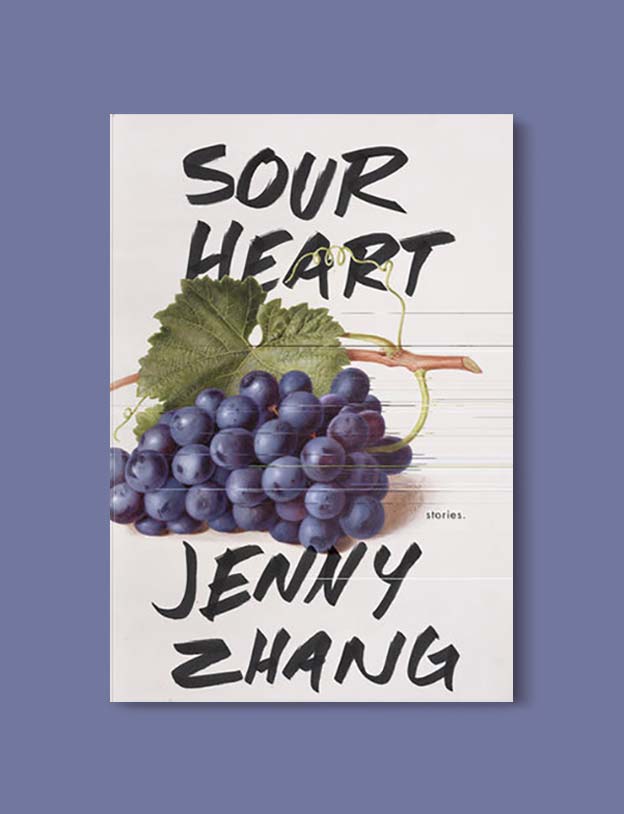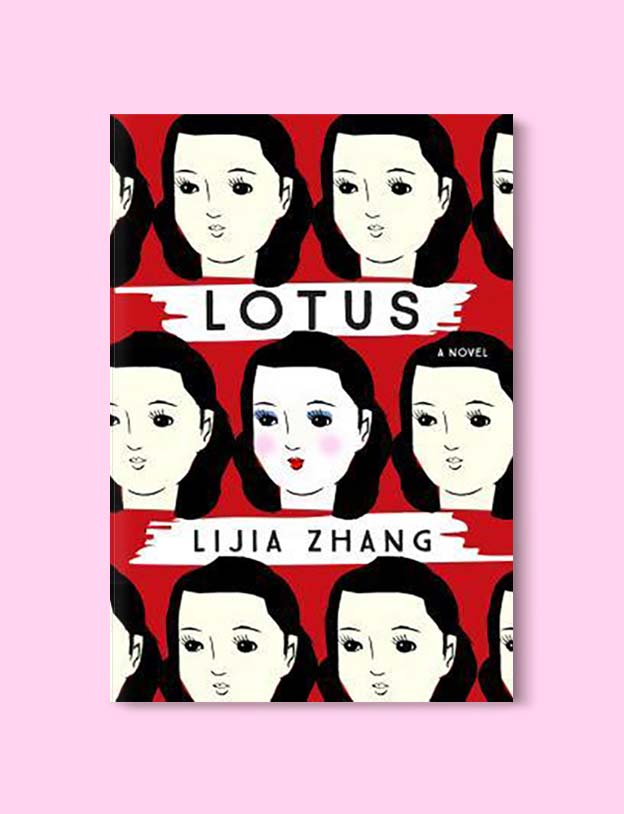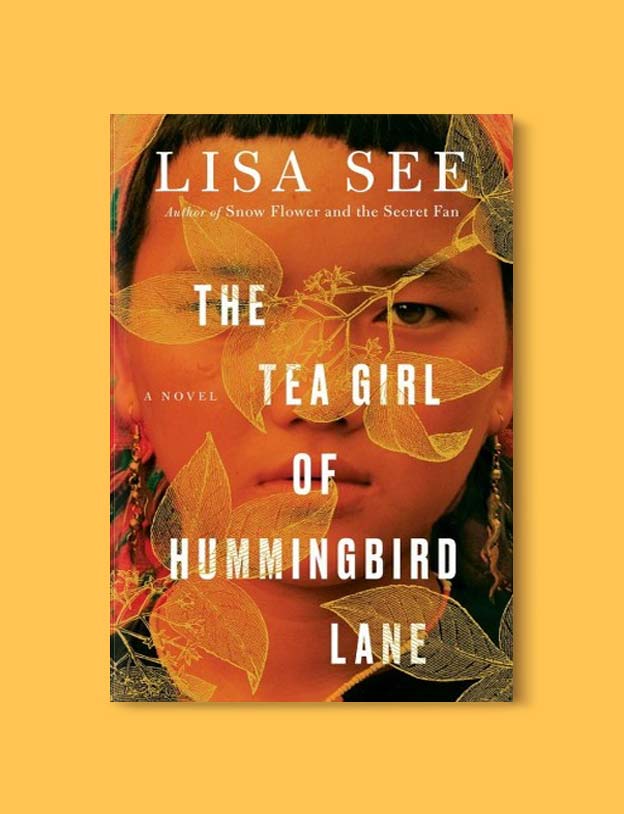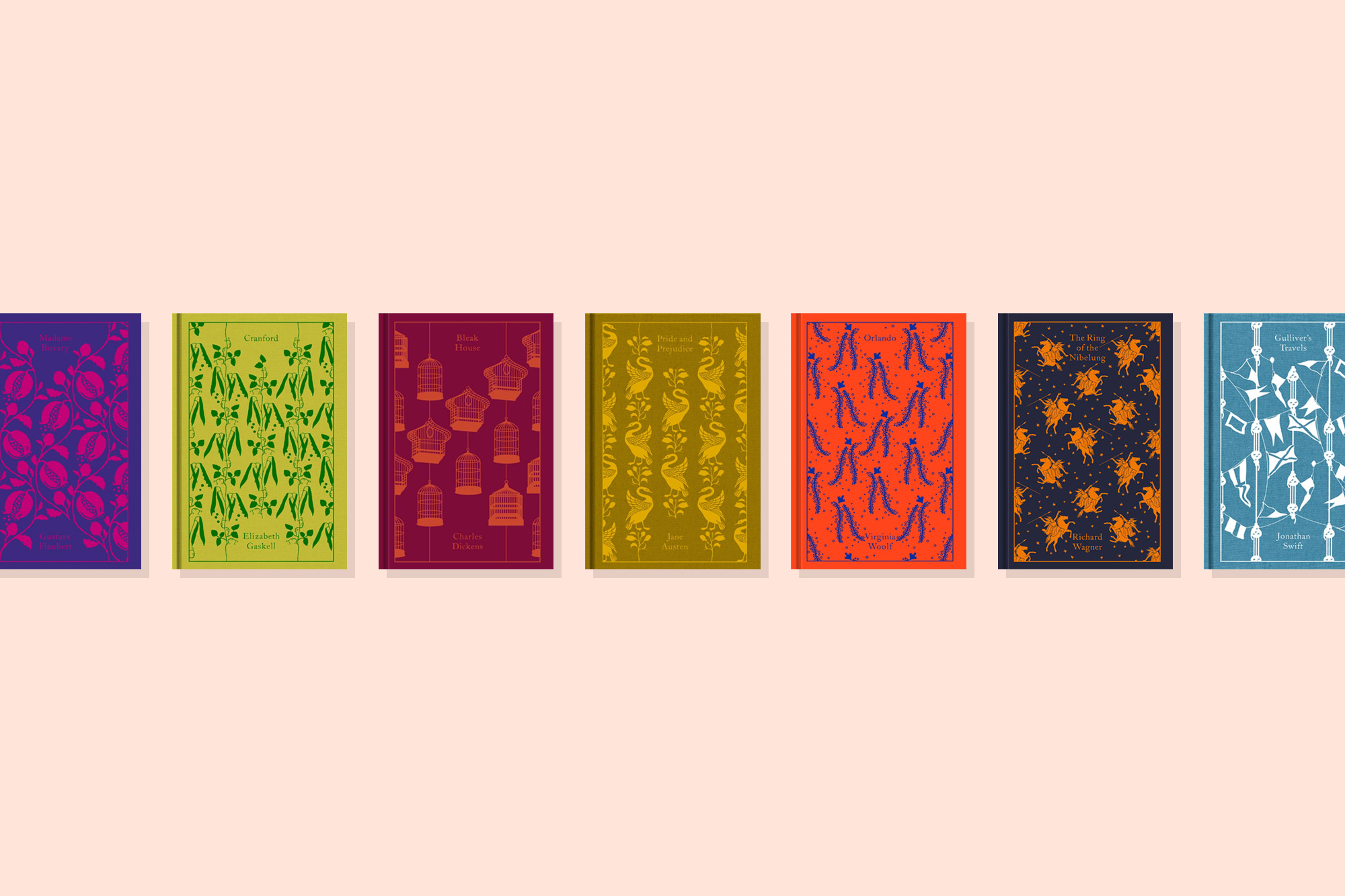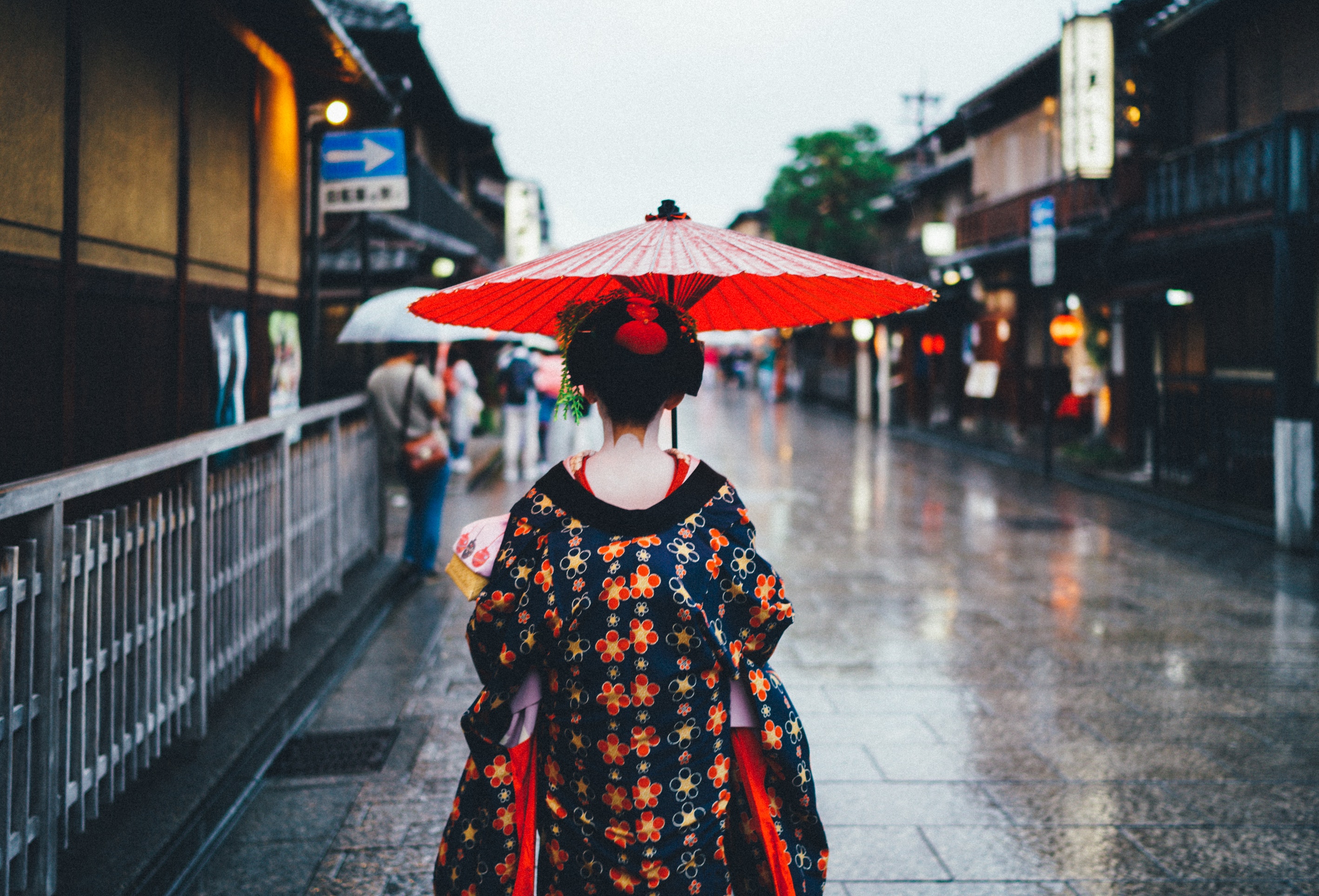With more people than any country on earth, it’s no wonder that China has inspired a vast array of literature. It’s unique culture, complexity and contradictions have inspired storytellers across one of the worlds oldest civilizations. This list of books set in China is sure to help you better understand this expansive country; in both the past and present.
While Chinese literature spans thousands of years, the list below focuses on modern works from the past hundred years or so. It includes bestsellers and some more controversial titles too; as book censorship is still a widespread practice.
You’ll also find titles set in Hong Kong, a former British colony which is now designated as a special administrative region of China. I’ve adored my travels to Hong Kong, wandering the markets and indulging in street food. These books set in China have certainly inspired me, and now my fingers are crossed for some future travels throughout mainland China too! 🇨🇳🇭🇰
Please note: This post contains affiliate links. For more information, see my disclosures here.
Books Set In China and Hong Kong: The Shortlist
If you want to skip the longer list below, these are my personal picks for books set in China:
- Snow Flower and The Secret Fan by Lisa See
- The Good Earth by Pearl S. Buck
- The Joy Luck Club by Amy Tan
Want two of these Books Set in China and Hong Kong for free?
- Try Amazon Audible free for 30 days and get 2 free audiobooks which you can play on loads of devices. Ideal for listening while gazing out the window. Best of all, you can cancel at any time and you can keep your books forever!
Books Set In China and Hong Kong
1.
The Real Story of Ah-Q and Other Tales of China: The Complete Fiction of Lu Xun
by Lu Xun, 1922
Lu Xun (Lu Hsun) is arguably the greatest writer of modern China, and is considered by many to be the founder of modern Chinese literature. Lu Xun’s stories both indict outdated Chinese traditions and embrace China’s cultural richness and individuality. This volume presents brand-new translations by Julia Lovell of all of Lu Xun’s stories, including ‘The Real Story of Ah-Q’, ‘Diary of a Madman’, ‘A Comedy of Ducks’, ‘The Divorce’ and ‘A Public Example’, among others. With an afterword by Yiyun Li.
2.
The Painted Veil
by W. Somerset Maugham, 1925
Set in England and Hong Kong in the 1920s, The Painted Veil is the story of the beautiful, but love-starved Kitty Fane.
When her husband discovers her adulterous affair, he forces her to accompany him to the heart of a cholera epidemic. Stripped of the British society of her youth and the small but effective society she fought so hard to attain in Hong Kong, she is compelled by her awakening conscience to reassess her life and learn how to love.
3.
East Wind: West Wind
by Pearl S. Buck, 1930
East Wind: West Wind is told from the eyes of a traditional Chinese girl, Kwei-lan, married to a Chinese medical doctor, educated abroad. The story follows Kwei-lan as she begins to accept different points of view from the western world, and re-discovers her sense of self through this coming-of-age narrative.
4.
The Good Earth
by Pearl S. Buck, 1931
This tells the poignant tale of a Chinese farmer and his family in old agrarian China. The humble Wang Lung glories in the soil he works, nurturing the land as it nurtures him and his family. Nearby, the nobles of the House of Hwang consider themselves above the land and its workers; but they will soon meet their own downfall.
5.
Sons
by Pearl S. Buck, 1932
Second in the trilogy that began with The Good Earth, Buck’s classic and starkly real tale of sons rising against their honored fathers tells of the bitter struggle to the death between the old and the new in China. Revolutions sweep the vast nation, leaving destruction and death in their wake, yet also promising emancipation to China’s oppressed millions who are groping for a way to survive in a modern age.
6.
A House Divided
by Pearl S. Buck, 1935
A House Divided, the third volume of the trilogy that began with “The Good Earth” and “Sons,” is a powerful portrayal of China in the midst of revolution. Wang Yuan is caught between the opposing ideas of different generations. After 6 years abroad, Yuan returns to China in the middle of a peasant uprising. His cousin is a captain in the revolutionary army, his sister has scandalized the family by her premarital pregnancy, and his warlord father continues to cling to his traditional ideals. It is through Yuan’s efforts that a kind of peace is restored to the family.
7.
Love In A Fallen City
by Eileen Chang, 1943
Eileen Chang is one of the great writers of twentieth-century China, where she enjoys a passionate following both on the mainland and in Taiwan. At the heart of Chang’s achievement is her short fiction—tales of love, longing, and the shifting and endlessly treacherous shoals of family life. Written when Chang was still in her twenties, these extraordinary stories combine an unsettled, probing, utterly contemporary sensibility, keenly alert to sexual politics and psychological ambiguity, with an intense lyricism that echoes the classics of Chinese literature. Love in a Fallen City, the first collection in English of this dazzling body of work, introduces readers to the stark and glamorous vision of a modern master.
8.
Tai-Pan
by James Clavell, 1966
It is the early 19th century, when European traders and adventurers first began to penetrate the forbidding Chinese mainland. And it is in this exciting time and exotic place that a giant of an Englishman, Dirk Straun, sets out to turn the desolate island of Hong Kong into an impregnable fortress of British power, and to make himself supreme ruler…Tai-Pan!
9.
The Woman Warrior
by Maxine Hong Kingston, 1975
A Chinese American woman tells of the Chinese myths, family stories and events of her California childhood that have shaped her identity. It is a sensitive account of growing up female and Chinese-American in a California laundry.
10.
Soul Mountain
by Gao Xingjian, 1989
In 1983, Chinese playwright, critic, fiction writer, and painter Gao Xingjian was diagnosed with lung cancer and faced imminent death. But six weeks later, a second examination revealed there was no cancer — he had won “a reprieve from death.” Faced with a repressive cultural environment and the threat of a spell in a prison farm, Gao fled Beijing and began a journey of 15,000 kilometers into the remote mountains and ancient forests of Sichuan in southwest China. The result of this epic voyage of discovery is Soul Mountain.
11.
The Joy Luck Club
by Amy Tan, 1989
In 1949, four Chinese women, recent immigrants to San Francisco, begin meeting to eat dim sum, play mahjong, and talk. United in shared loss and hope, they call themselves the Joy Luck Club. With wit and wisdom, Amy Tan examines the sometimes painful, often tender, and always deep connection between these four women and their American-born daughters. As each reveals her secrets, trying to unravel the truth about her life, the strings become more tangled, more entwined…
12.
The Noodle Maker
by Ma Jian, 1990
From Mi Jian, the highly acclaimed Chinese dissident, comes a satirical novel about the absurdities of life in a post-Tiananmen China.
Two men meet for dinner each week. Over the course of one of these drunken evenings, the writer recounts the stories he would write, had he the courage: a young man buys an old kiln and opens a private crematorium, delighting in his ability to harass the corpses of police officers and Party secretaries, while swooning to banned Western music; a heartbroken actress performs a public suicide by stepping into the jaws of a wild tiger, watched nonchalantly by her ex-lover. Extraordinary characters inspire him, their lives pulled and pummeled by fate and politics, as if they are balls of dough in the hands of an all-powerful noodle maker.
13.
Wild Swans: Three Daughters of China
by Jung Chang, 1991
The story of three generations in twentieth-century China that blends the intimacy of memoir and the panoramic sweep of eyewitness history—a bestselling classic in thirty languages with more than ten million copies sold around the world, now with a new introduction from the author.
14.
The Kitchen God’s Wife
by Amy Tan, 1991
Winnie and Helen have kept each other’s worst secrets for more than fifty years. Now, because she believes she is dying, Helen wants to expose everything. And Winnie angrily determines that she must be the one to tell her daughter, Pearl, about the past—including the terrible truth even Helen does not know. And so begins Winnie’s story of her life on a small island outside Shanghai in the 1920s, and other places in China during World War II, and traces the happy and desperate events that led to Winnie’s coming to America in 1949.
15.
Women of the Silk
by Gail Tsukiyama, 1991
Sent by her family to work in a silk factory just prior to World War II, young Pei grows to womanhood, working fifteen-hour days and sending her pay to the family who abandoned her.
In Women of the Silk Gail Tsukiyama takes her readers back to rural China in 1926, where a group of women forge a sisterhood amidst the reeling machines that reverberate and clamor in a vast silk factory from dawn to dusk. Leading the first strike the village has ever seen, the young women use the strength of their ambition, dreams, and friendship to achieve the freedom they could never have hoped for on their own. Tsukiyama’s graceful prose weaves the details of “the silk work” and Chinese village life into a story of courage and strength.
16.
To Live
by Yu Hua, 1993
This searing novel, originally banned in China but later named one of that nation’s most influential books, portrays one man’s transformation from the spoiled son of a landlord to a kindhearted peasant. After squandering his family’s fortune in gambling dens and brothels, the young, deeply penitent Fugui settles down to do the honest work of a farmer.
Forced by the Nationalist Army to leave behind his family, he witnesses the horrors and privations of the Civil War, only to return years later to face a string of hardships brought on by the ravages of the Cultural Revolution. Left with an ox as the companion of his final years, Fugui stands as a model of gritty authenticity, buoyed by his appreciation for life in this narrative of humbling power.
17.
The Hundred Secret Senses
by Amy Tan, 1995
The Hundred Secret Senses is an exultant novel about China and America, love and loyalty, the identities we invent and the true selves we discover along the way. Olivia Laguni is half-Chinese, but typically American in her uneasiness with her patchwork family. And no one in Olivia’s family is more embarrassing to her than her half-sister, Kwan Li. For Kwan speaks mangled English, is cheerfully deaf to Olivia’s sarcasm, and sees the dead with her “yin eyes.”
18.
Chinese Cinderella: The True Story of an Unwanted Daughter
by Adeline Yen Mah, 1999
A riveting memoir of a girl’s painful coming-of-age in a wealthy Chinese family during the 1940s.
A Chinese proverb says, “Falling leaves return to their roots.” In Chinese Cinderella, Adeline Yen Mah returns to her roots to tell the story of her painful childhood and her ultimate triumph and courage in the face of despair. Adeline’s affluent, powerful family considers her bad luck after her mother dies giving birth to her. Life does not get any easier when her father remarries. She and her siblings are subjected to the disdain of her stepmother, while her stepbrother and stepsister are spoiled. Although Adeline wins prizes at school, they are not enough to compensate for what she really yearns for — the love and understanding of her family.
19.
Waiting
by Ha Jin, 1999
In Waiting, author Ha Jin draws on his intimate knowledge of contemporary China to create a novel of unexpected richness and feeling. This is the story of Lin Kong, a man living in two worlds, struggling with the conflicting claims of two utterly different women as he moves through the political minefields of a society designed to regulate his every move and stifle the promptings of his innermost heart.
For more than seventeen years, this devoted and ambitious doctor has been in love with an educated, clever, modern woman, Manna Wu. But back in the traditional world of his home village lives the wife his family chose for him when he was young–a humble and touchingly loyal woman, whom he visits in order to ask, again and again, for a divorce. In a culture in which the ancient ties of tradition and family still hold sway and where adultery discovered by the Party can ruin lives forever, Lin’s passionate love is stretched ever more taut by the passing years. Every summer, his compliant wife agrees to a divorce but then backs out. This time, Lin promises, will be different.
20.
Balzac and The Little Chinese Seamstress
by Dai Sijie, 2000
In this enchanting tale about the magic of reading and the wonder of romantic awakening, two hapless city boys are exiled to a remote mountain village for reeducation during China’s infamous Cultural Revolution. There they meet the daughter of the local tailor and discover a hidden stash of Western classics in Chinese translation. As they flirt with the seamstress and secretly devour these banned works, they find transit from their grim surroundings to worlds they never imagined.
21.
Death of a Red Heroine
by Qiu Xialong, 2000
A young “national model worker,” renowned for her adherence to the principles of the Communist Party, turns up dead in a Shanghai canal. As Inspector Chen Cao of the Shanghai Special Cases Bureau struggles to trace the hidden threads of her past, he finds himself challenging the very political forces that have guided his life since birth. Chen must tiptoe around his superiors if he wants to get to the bottom of this crime, and risk his career—perhaps even his life—to see justice done.
22.
When We Were Orphans
by Kazuo Ishiguro, 2000
An English boy born in early-twentieth-century Shanghai, is orphaned at age nine when his mother and father both vanish under suspicious circumstances. Sent to live in England, he grows up to become a renowned detective and, 20 years later, returns to Shanghai, where the Sino-Japanese War is raging.
23.
The Girl Who Played Go
by Shan Sa, 2001
As the Japanese military invades 1930s Manchuria, a young girl approaches her own sexual coming of age. Drawn into a complex triangle with two boys, she distracts herself from the onslaught of adulthood by playing the game of go with strangers in a public square–and yet the force of desire, like the occupation, proves inevitable. Unbeknownst to the girl who plays go, her most worthy and frequent opponent is a Japanese soldier in disguise. Captivated by her beauty as much as by her bold, unpredictable approach to the strategy game, the soldier finds his loyalties challenged. Is there room on the path to war for that most revolutionary of acts: falling in love?
24.
The Bonesetter’s Daughter
by Amy Tan, 2001
Ruth Young and her widowed mother, LuLing, have always had a tumultuous relationship. Now, before she succumbs to forgetfulness, LuLing gives Ruth some of her writings, which reveal a side of LuLing that Ruth has never known…
In a remote mountain village where ghosts and tradition rule, LuLing grows up in the care of her mute Precious Auntie as the family endures a curse laid upon a relative known as the bonesetter. When headstrong LuLing rejects the marriage proposal of the coffinmaker, a shocking series of events are set in motion–all of which lead back to Ruth and LuLing in modern San Francisco. The truth that Ruth learns from her mother’s past will forever change her perception of family, love, and forgiveness.
25.
River Town: Two Years On The Yangtze
by Peter Hessler, 2001
In the heart of China’s Sichuan province lies the small city of Fuling. Surrounded by the terraced hills of the Yangtze River valley, Fuling has long been a place of continuity, far from the bustling political centers of Beijing and Shanghai. But now Fuling is heading down a new path, and gradually, along with scores of other towns in this vast and ever-evolving country, it is becoming a place of change and vitality, tension and reform, disruption and growth. As the people of Fuling hold on to the China they know, they are also opening up and struggling to adapt to a world in which their fate is uncertain.
26.
Empress Orchid
by Anchee Min, 2003
To rescue her family from poverty and avoid marrying her slope-shouldered cousin, seventeen-year-old Orchid competes to be one of the Emperor’s wives. When she is chosen as a lower-ranking concubine she enters the erotically charged and ritualised Forbidden City. But beneath its immaculate façade lie whispers of murders and ghosts, and the thousands of concubines will stoop to any lengths to bear the Emperor’s son.
27.
Snow Flower and the Secret Fan
by Lisa See, 2005
In nineteenth-century China, in a remote Hunan county, a girl named Lily, at the tender age of seven, is paired with a laotong, “old same,” in an emotional match that will last a lifetime. The laotong, Snow Flower, introduces herself by sending Lily a silk fan on which she’s painted a poem in nu shu, a unique language that Chinese women created in order to communicate in secret, away from the influence of men.
28.
Dream of Ding Village
by Yan Lianke, 2005
Officially censored upon its Chinese publication, and the subject of a bitter lawsuit between author and publisher, Dream of Ding Village is Chinese novelist Yan Lianke’s most important novel to date. Set in a poor village in Henan province, it is a deeply moving and beautifully written account of a blood-selling ring in contemporary China.
Based on a real-life blood-selling scandal in eastern China, Dream of Ding Village is the result of three years of undercover work by Yan Lianke, who worked as an assistant to a well-known Beijing anthropologist in an effort to study a small village decimated by HIV/AIDS as a result of unregulated blood selling. Whole villages were wiped out with no responsibility taken or reparations paid.
Dream of Ding Village focuses on one family, destroyed when one son rises to the top of the Party pile as he exploits the situation, while another son is infected and dies. The result is a passionate and steely critique of the rate at which China is developing and what happens to those who get in the way.
29.
Brothers
by Yu Hua, 2005
Brothers is an epic and wildly unhinged black comedy of modern Chinese society running amok.
Here is China as we’ve never seen it, in a sweeping, Rabelaisian panorama of forty years of rough-and-rumble Chinese history that has already scandalized millions of readers in the author’s homeland. Yu Hua, award-winning author of To Live, gives us a surreal tale of two brothers riding the dizzying roller coaster of life in a newly capitalist world. As comically mismatched teenagers, Baldy Li, a sex-obsessed ne’er-do-well, and Song Gang, his bookish, sensitive stepbrother, vow that they will always be brothers–a bond they will struggle to maintain over the years as they weather the ups and downs of rivalry in love and making and losing millions in the new China. Their tribulations play out across a richly populated backdrop that is every bit as vibrant: the rapidly-changing village of Liu Town, full of such lively characters as the self-important Poet Zhao, the craven dentist Yanker Yu, the virginal town beauty (turned madam) Lin Hong, and the simpering vendor Popsicle Wang.
30.
Peony In Love
by Lisa See, 2007
In seventeenth-century China, three women become emotionally involved with The Peony Pavilion, a famed opera rumored to cause lovesickness and even death, including Peony, the cloistered daughter of a wealthy scholar, who succumbs to its spell only to return after her death as a “hungry ghost” to haunt her former fiancé, who has married another.
31.
Miss Chopsticks
by Xinran, 2007
Xinran takes her readers to the heart of modern Chinese society in this delightful and absorbing tale of three peasant girls getting to grips with life in the big city.
The Li sisters don’t have much education, but one thing has been drummed into them: their mother is a failure because she hasn’t managed to produce a son, and they themselves only merit a number as a name. Women, their father tells them, are like chopsticks: utilitarian and easily broken. Men, on the other hand, are the strong rafters that hold up the roof of a house.
32.
Beijing Coma
by Ma Jian, 2008
Dai Wei has been unconscious for almost a decade. A medical student and a pro-democracy protestor in Tiananmen Square in June 1989, he was struck by a soldier’s bullet and fell into a deep coma. As soon as the hospital authorities discovered that he had been an activist, his mother was forced to take him home. She allowed pharmacists access to his body and sold his urine and his left kidney to fund special treatment from Master Yao, a member of the outlawed Falun Gong sect. But during a government crackdown, the Master was arrested, and Dai Wai’s mother—who had fallen in love with him—lost her mind.
33.
Shark’s Fin And Sichuan Pepper: A Sweet-Sour Memoir of Eating in China
by Fuchsia Dunlop, 2008
After fifteen years spent exploring China and its food, Fuchsia Dunlop finds herself in an English kitchen, deciding whether to eat a caterpillar she has accidentally cooked in some home-grown vegetables. How can something she has eaten readily in China seem grotesque in England? The question lingers over this “autobiographical food-and-travel classic.”
34.
The Piano Teacher
by Janice Y. K. Lee, 2008
Exotic Hong Kong takes center stage in this sumptuous novel, set in the 1940s and ’50s. It’s a city teeming with people, sights, sounds, and smells, and it’s home to a group of foreign nationals who enjoy the good life among the local moneyed set, in a tight-knit social enclave distanced from the culture at large. Comfortable, clever, and even a bit dazzling, they revel in their fancy dinners and fun parties. But their sheltered lives take an abrupt turn after the Japanese occupation, and though their reactions are varied — denial, resistance, submission — the toll it takes on all is soon laid bare.
35.
Frog
by Mo Yan, 2009
Mo Yan chronicles the sweeping history of modern China through the lens of the nation’s controversial one-child policy.
Frog opens with a playwright nicknamed Tadpole who plans to write about his aunt. In her youth, Gugu—the beautiful daughter of a famous doctor and staunch Communist—is revered for her skill as a midwife. But when her lover defects, Gugu’s own loyalty to the Party is questioned. She decides to prove her allegiance by strictly enforcing the one-child policy, keeping tabs on the number of children in the village, and performing abortions on women as many as eight months pregnant.
36.
Shanghai Girls
by Lisa See, 2009
Pearl and May are sisters, living carefree lives in Shanghai, the Paris of Asia. But when Japanese bombs fall on their beloved city, they set out on the journey of a lifetime, one that will take them through the Chinese countryside, in and out of the clutch of brutal soldiers, and across the Pacific to the shores of America.
37.
The Vagrants
by Yiyun Li, 2009
Brilliant and illuminating, this astonishing debut novel by the award-winning writer Yiyun Li is set in China in the late 1970s, when Beijing was rocked by the Democratic Wall Movement, an anti-Communist groundswell designed to move China beyond the dark shadow of the Cultural Revolution toward a more enlightened and open society. In this powerful and beautiful story, we follow a group of people in a small town during this dramatic and harrowing time, the era that was a forebear of the Tiananmen Square uprising.
38.
Pearl of China
by Anchee Min, 2009
From the bestselling author of Red Azalea and Empress Orchid comes the powerful story of the friendship of a lifetime, based on the life of Pearl S. Buck.
In the small southern town of Chin-kiang, in the last days of the nineteenth century, two young girls bump heads and become thick as thieves. Willow is the only child of a destitute family, Pearl the headstrong daughter of zealous Christian missionaries. She will ultimately become the internationally renowned author Pearl S. Buck, but for now she is just a girl embarrassed by her blonde hair and enchanted by her new Chinese friend. The two embark on a friendship that will sustain both of them through one of the most tumultuous periods in Chinese history.
39.
Country Driving: A Chinese Road Trip
by Peter Hessler, 2009
From the bestselling author of Oracle Bones and River Town comes the final book in his award-winning trilogy on the human side of the economic revolution in China.
Peter Hessler, whom the Wall Street Journal calls “one of the Western world’s most thoughtful writers on modern China,” deftly illuminates the vast, shifting landscape of a traditionally rural nation that, having once built walls against foreigners, is now building roads and factory towns that look to the outside world.
40.
All The Flowers In Shanghai
by Duncan Jepson, 2011
All the Flowers in Shanghai is Jepson’s stunning debut novel. Set in 1930s Shanghai, the Paris of the East, but where following the path of duty still takes precedence over personal desires, a young Chinese woman named Feng finds herself in an arranged marriage to a wealthy businessman. In the enclosed world of her new household-a place of public ceremony and private cruelty-she learns that, above all else, she must bear a male heir. Ruthless and embittered by the life that has been forced on her, Feng seeks revenge by doing the unthinkable. Years later, she must come to a reckoning with the decisions she has made to assure her place in family and society, before the entire country is caught up in the fast-flowing tide of revolution.
41.
Big In China: My Unlikely Adventures Raising a Family, Playing the Blues, and Becoming a Star in Beijing
by Alan Paul, 2011
Alan Paul, award–winning author of the Wall Street Journal’s online column “The Expat Life,” gives his engaging, inspiring, and unforgettable memoir of blues and new beginnings in Beijing. Paul’s three-and-a-half-year journey reinventing himself as an American expat—while raising a family and starting the revolutionary blues band Woodie Alan, voted Beijing Band of the Year in the 2008—is a must-read adventure for anyone who has lived abroad, and for everyone who dreams of rewriting the story of their own future.
42.
Dreams of Joy
by Lisa See, 2011
In her most powerful novel yet, acclaimed author Lisa See returns to the story of sisters Pearl and May from Shanghai Girls, and Pearl’s strong-willed nineteen-year-old daughter, Joy. Reeling from newly uncovered family secrets, Joy runs away to Shanghai in early 1957 to find her birth father—the artist Z.G. Li, with whom both May and Pearl were once in love. Dazzled by him, and blinded by idealism and defiance, Joy throws herself into the New Society of Red China, heedless of the dangers in the Communist regime.
Devastated by Joy’s flight and terrified for her safety, Pearl is determined to save her daughter, no matter the personal cost. From the crowded city to remote villages, Pearl confronts old demons and almost insurmountable challenges as she follows Joy, hoping for reconciliation. Yet even as Joy’s and Pearl’s separate journeys converge, one of the most tragic episodes in China’s history threatens their very lives.
43.
The Valley of Amazement
by Amy Tan, 2013
A sweeping, evocative epic of two women’s intertwined fates and their search for identity, that moves from the lavish parlors of Shanghai courtesans to the fog-shrouded mountains of a remote Chinese village.
Amy Tan’s The Valley of Amazement is a sweeping, evocative epic of two women’s intertwined fates and their search for identity, that moves from the lavish parlors of Shanghai courtesans to the fog-shrouded mountains of a remote Chinese village.
44.
The Dark Road
by Ma Jian, 2013
Meili, a young peasant woman born in the remote heart of China, is married to Kongzi, a village school teacher, and a distant descendant of Confucius. They have a daughter, but desperate for a son to carry on his illustrious family line, Kongzi gets Meili pregnant again without waiting for official permission. When family planning officers storm the village to arrest violators of the population control policy, mother, father and daughter escape to the Yangtze River and begin a fugitive life.
45.
Good Chinese Wife: A Love Affair with China Gone Wrong
by Susan Blumberg-Kason, 2014
A stunning memoir of an intercultural marriage gone wrong
When Susan, a shy Midwesterner in love with Chinese culture, started graduate school in Hong Kong, she quickly fell for Cai, the Chinese man of her dreams. As they exchanged vows, Susan thought she’d stumbled into an exotic fairy tale, until she realized Cai–and his culture–where not what she thought.
46.
The Wangs Vs. The World: A Novel
by Jade Chang, 2016
A hilarious debut novel about a wealthy but fractured Chinese immigrant family that had it all, only to lose every last cent – and about the road trip they take across America that binds them back together.
Charles Wang is mad at America. A brash, lovable immigrant businessman who built a cosmetics empire and made a fortune, he’s just been ruined by the financial crisis. Now all Charles wants is to get his kids safely stowed away so that he can go to China and attempt to reclaim his family’s ancestral lands – and his pride.
47.
The Leavers: A Novel
by Lisa Ko, 2017
Note: This one is set in NYC!
One morning, Deming Guo’s mother, an undocumented Chinese immigrant named Polly, goes to her job at the nail salon and never comes home. No one can find any trace of her.
With his mother gone, eleven-year-old Deming is left with no one to care for him. He is eventually adopted by two white college professors who move him from the Bronx to a small town upstate. They rename him Daniel Wilkinson in their efforts to make him over into their version of an “all-American boy.” But far away from all he’s ever known, Daniel struggles to reconcile his new life with his mother’s disappearance and the memories of the family and community he left behind.
48.
Sour Heart
by Jenny Zhang, 2017
Centered on a community of immigrants who have traded their endangered lives as artists in China and Taiwan for the constant struggle of life at the poverty line in 1990s New York City, Zhang’s collection examines the many ways that family and history can weigh us down and also lift us up. From the young woman coming to terms with her grandmother’s role in the Cultural Revolution to the daughter struggling to understand where her family ends and she begins, to the girl discovering the power of her body to inspire and destroy, these seven stories illuminate the complex and messy inner lives of girls struggling to define themselves.
49.
Lotus
by Lijia Zhang, 2017
Inspired by the secret life of the author’s grandmother, Lotus follows a young woman torn between past traditions and modern desires―as she carves out a life for herself in China’s “City of Sins”
“Standing outside the Moonflower Massage Parlor with three other girls, Lotus flashed her red smile at every passing man. She leaned against the glass front of the parlor, one leg bent like a crane’s. Luring in the clients with sweet and oily words consumed a surprising amount of energy.”
50.
The Tea Girl of Hummingbird Lane
by Lisa See, 2017
Li-yan and her family align their lives around the seasons and the farming of tea. There is ritual and routine, and it has been ever thus for generations. Then one day a jeep appears at the village gate—the first automobile any of them have seen—and a stranger arrives.
In this remote Yunnan village, the stranger finds the rare tea he has been seeking and a reticent Akha people. Li-yan, one of the few educated girls on her mountain, translates for the stranger and is among the first to reject the rules that have shaped her existence. When she has a baby outside of wedlock, rather than stand by tradition, she wraps her daughter in a blanket, with a tea cake hidden in her swaddling, and abandons her in the nearest city.
What do you think of these books set in China and Hong Kong?
Have some great books set in China that I’ve missed? Are you planning a trip to China soon? Are you interested in other books set in Asia? I’d love to hear about more about your travels and tips for books set in China in the comments below!
Looking for more reading ideas from Asia?
If you’re looking for more books set around Asia, check out some of these popular posts:
- Books Set in Japan: Japanese Novels
- Books Set In India: Indian Novels
- Books Set in Malaysia: Malaysian Novels
Special Offers for Book & Travel Lovers
These are just a few things I love using for reading and travel, which have special deals that I want to pass on to you! 🙌
- Try Amazon Prime free for 30 days and get access to the Prime Reading library and free shipping on thousands of books. This was responsible for a significant increase in my home library!
- Receive free AirBNB travel credit when you sign up for a new account. I love staying at AirBNB’s for an authentic and local experience when traveling.
- Try Amazon Audible free for 30 days and get 2 free audiobooks which you can play on loads of devices. Ideal for listening while gazing out the window. Best of all, you can cancel at any time and you can keep your books forever!
